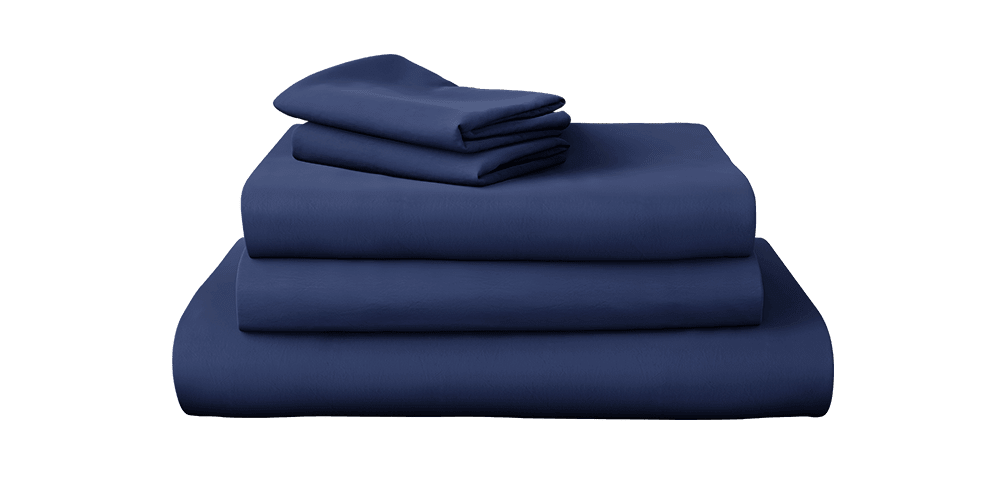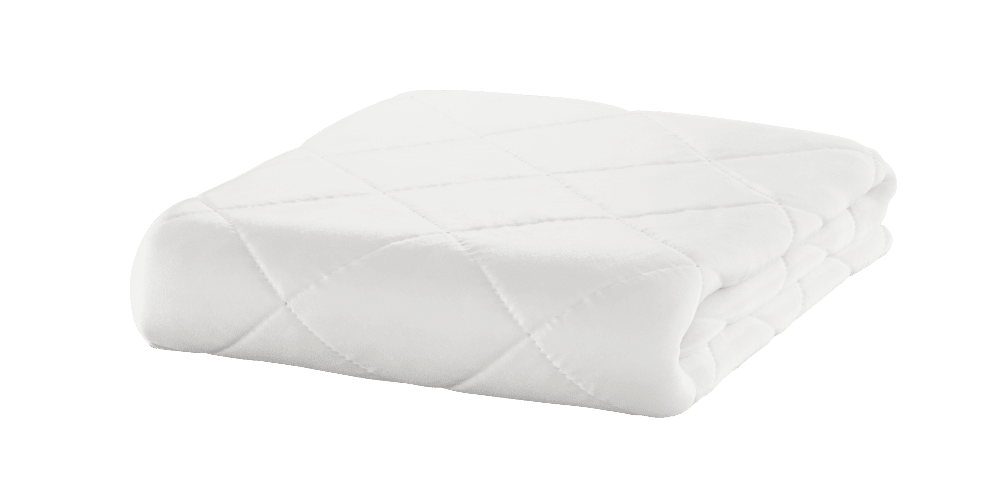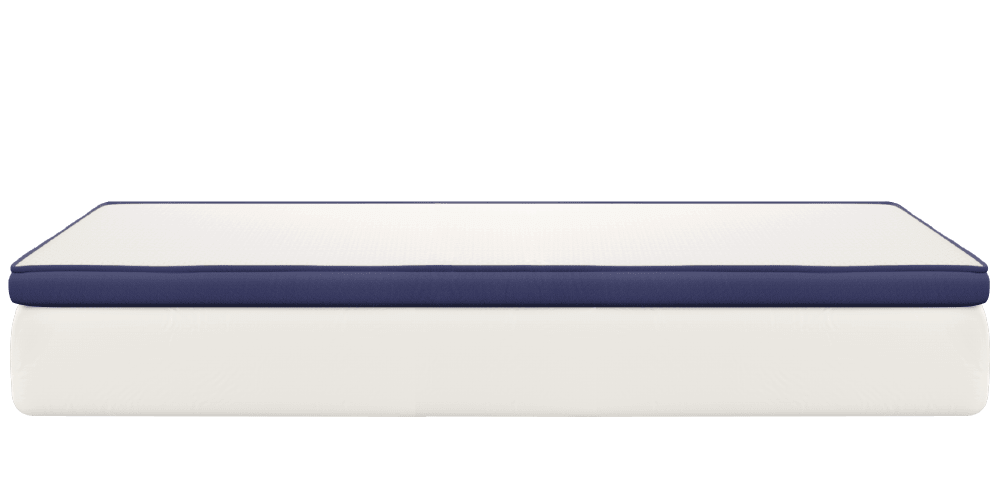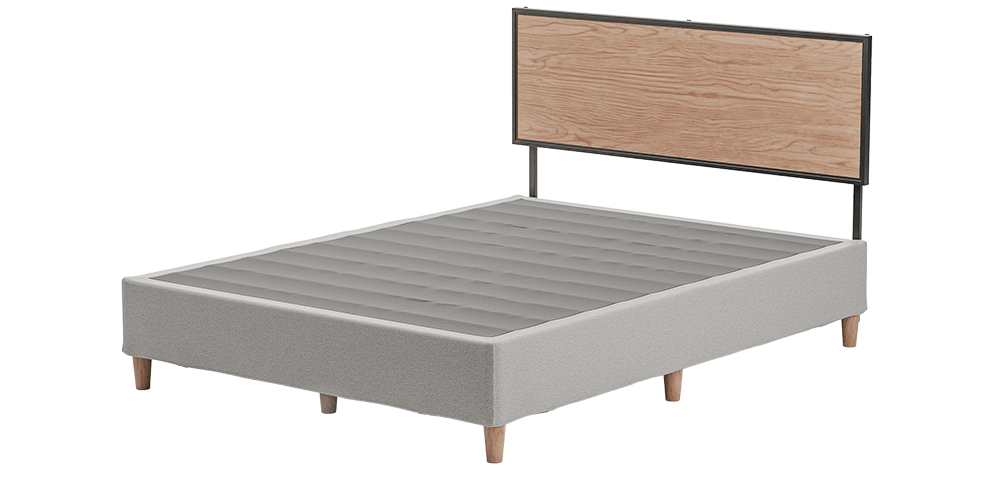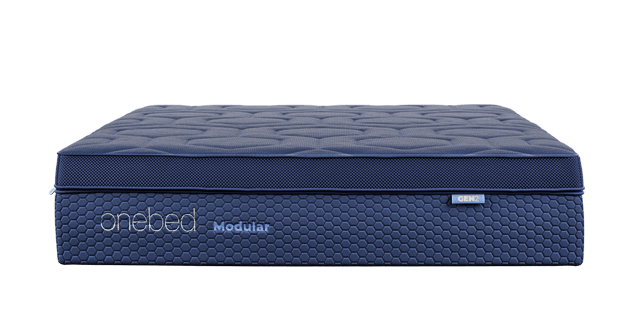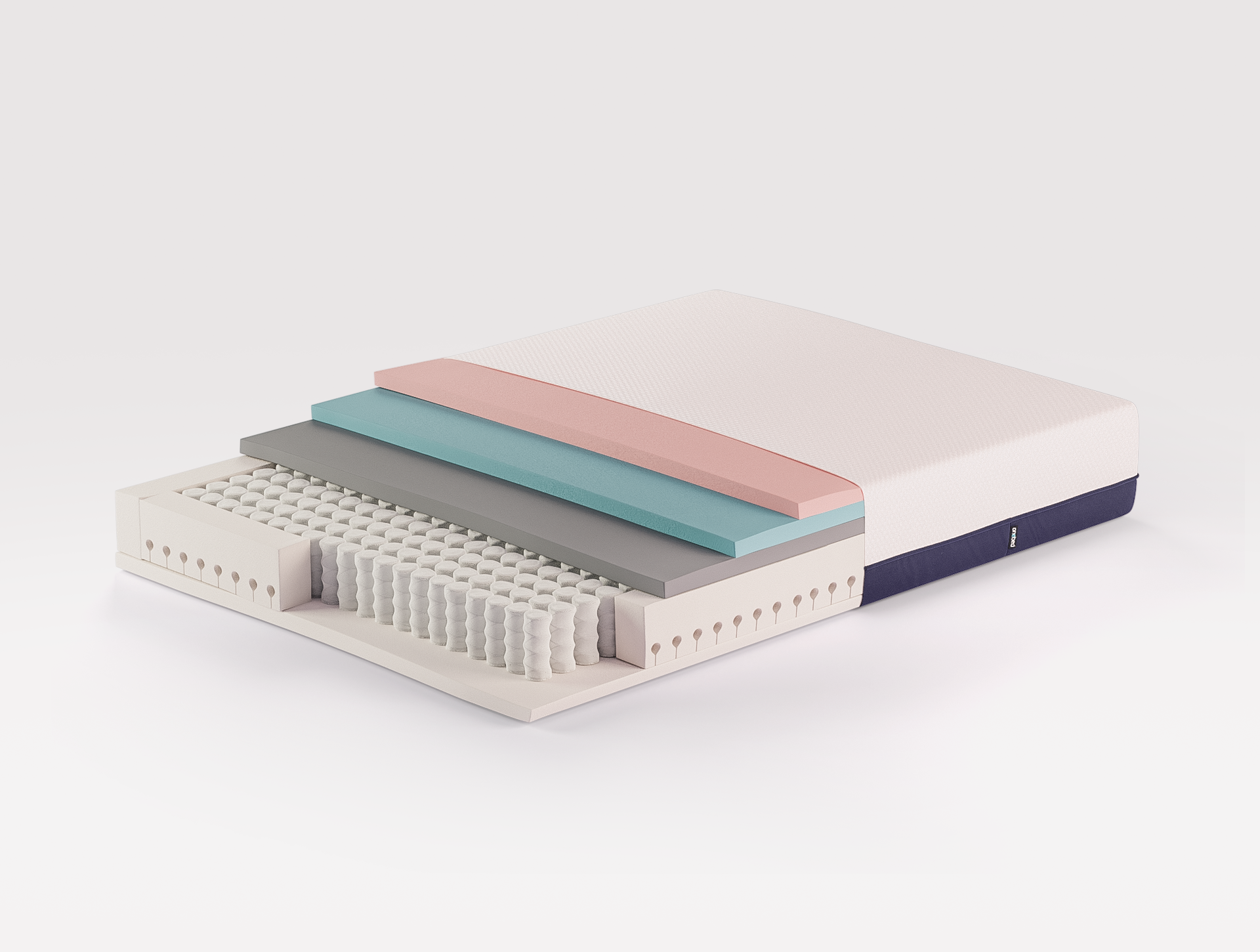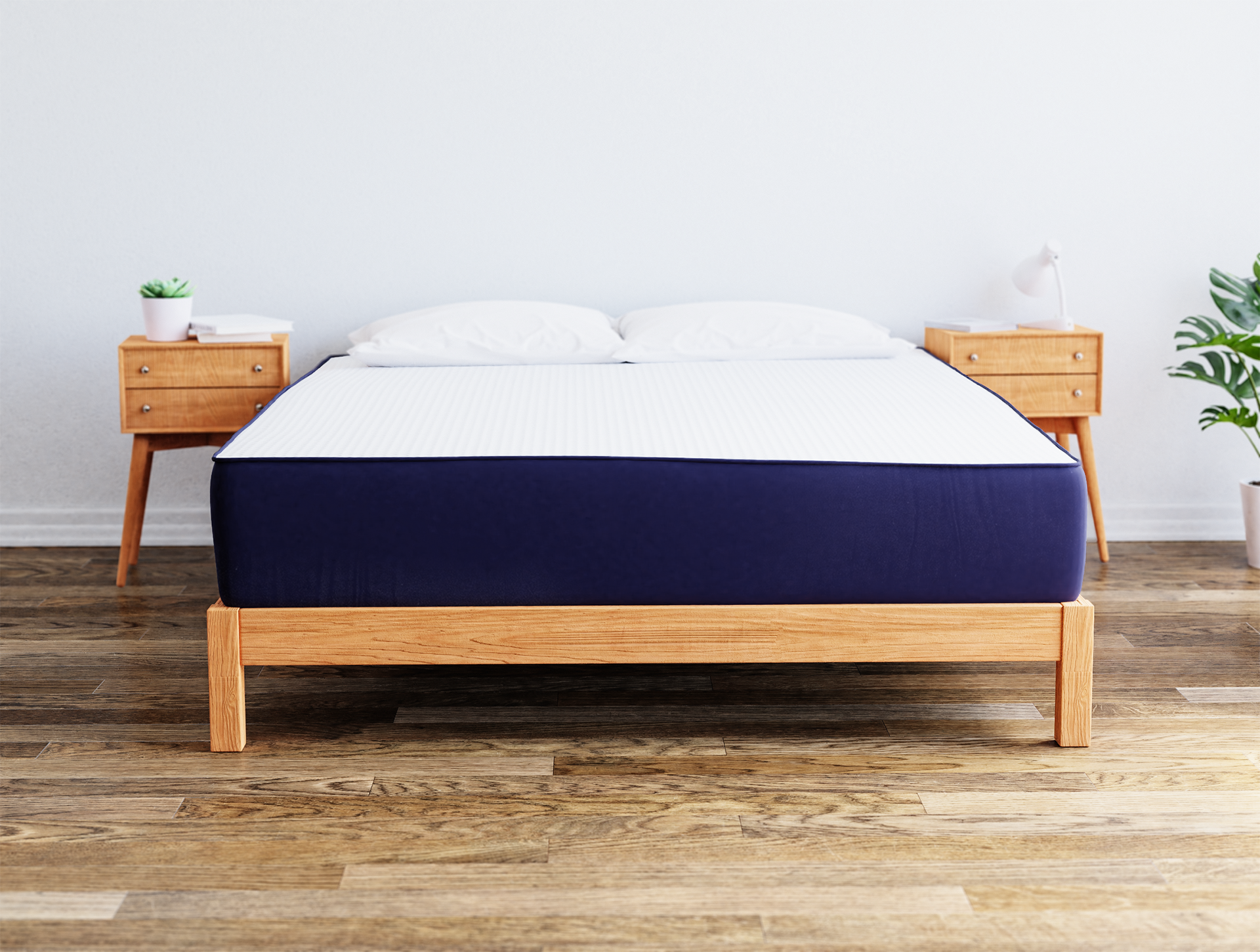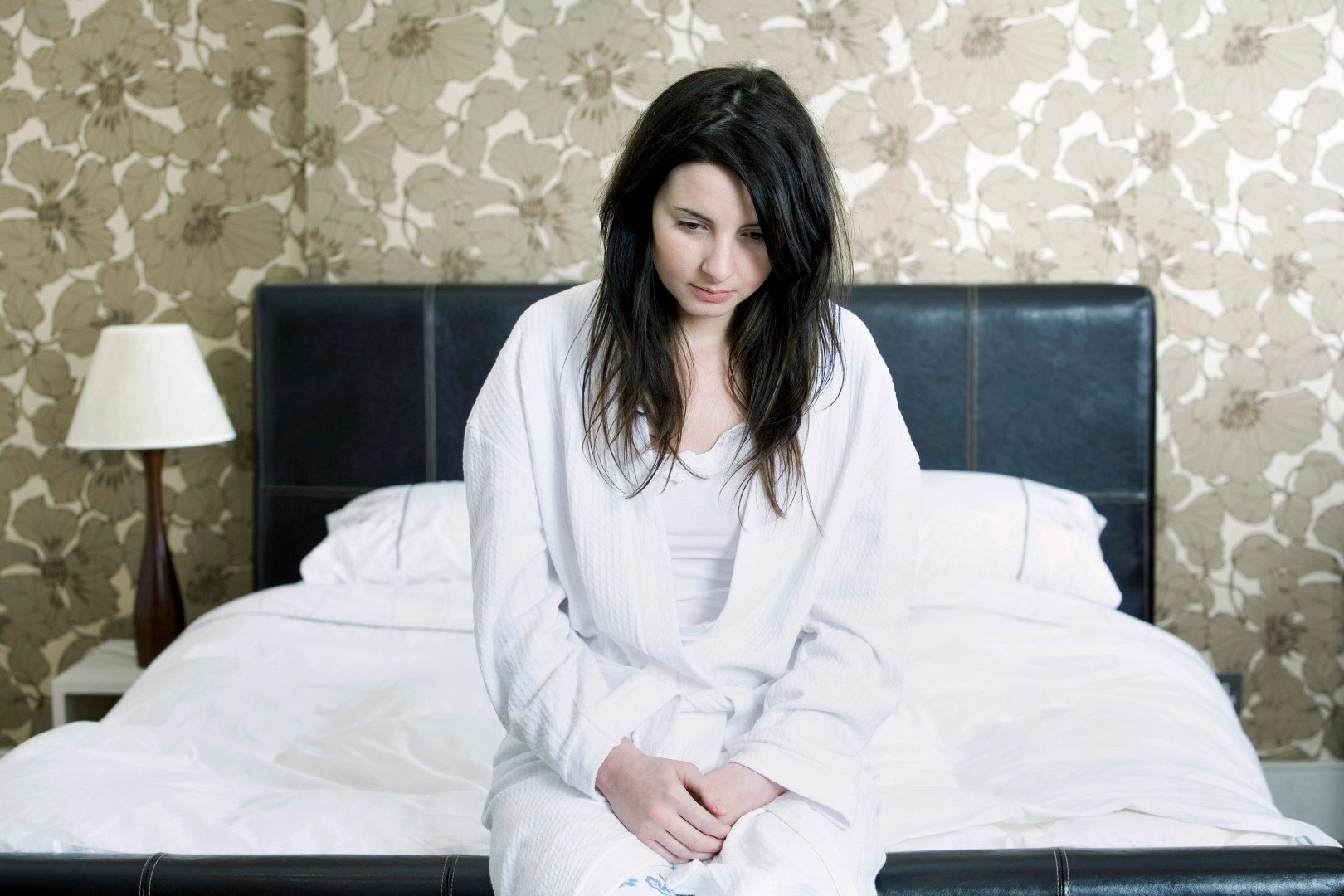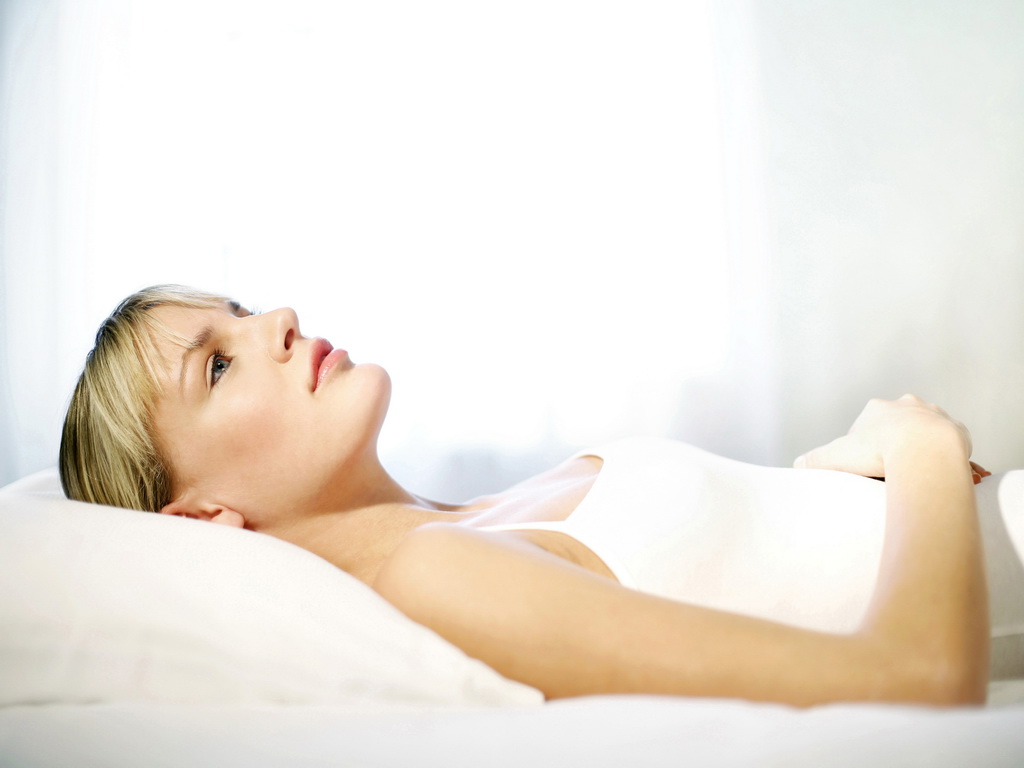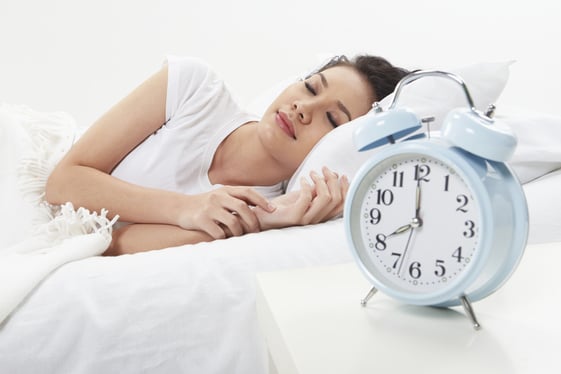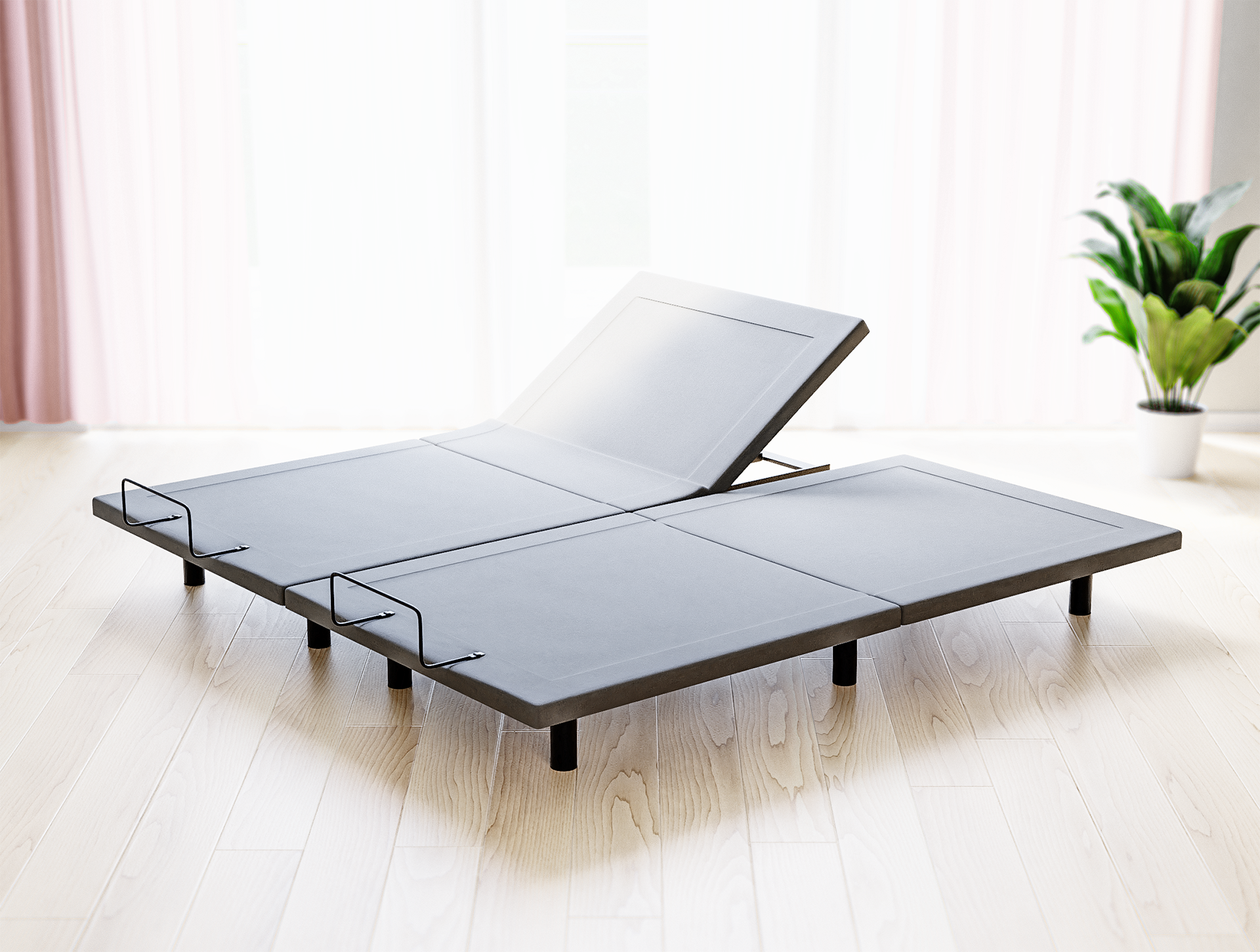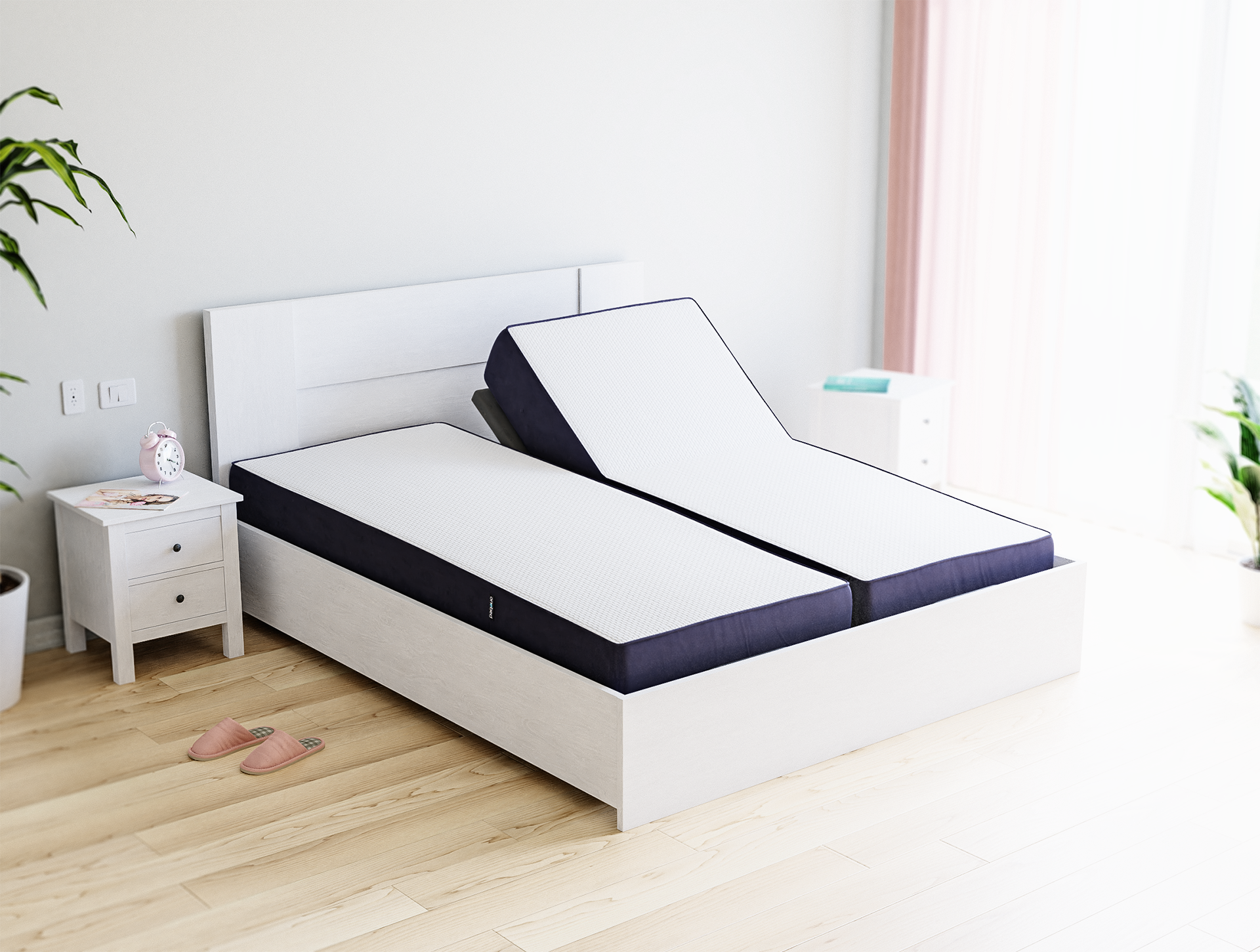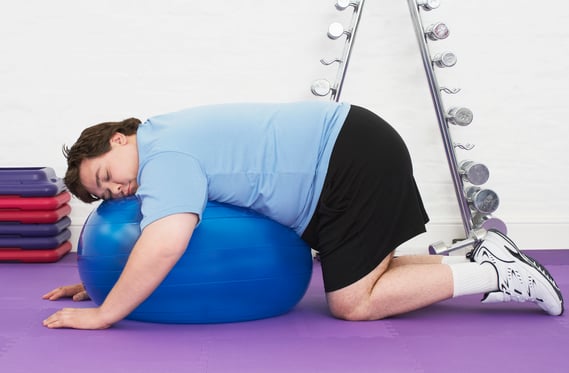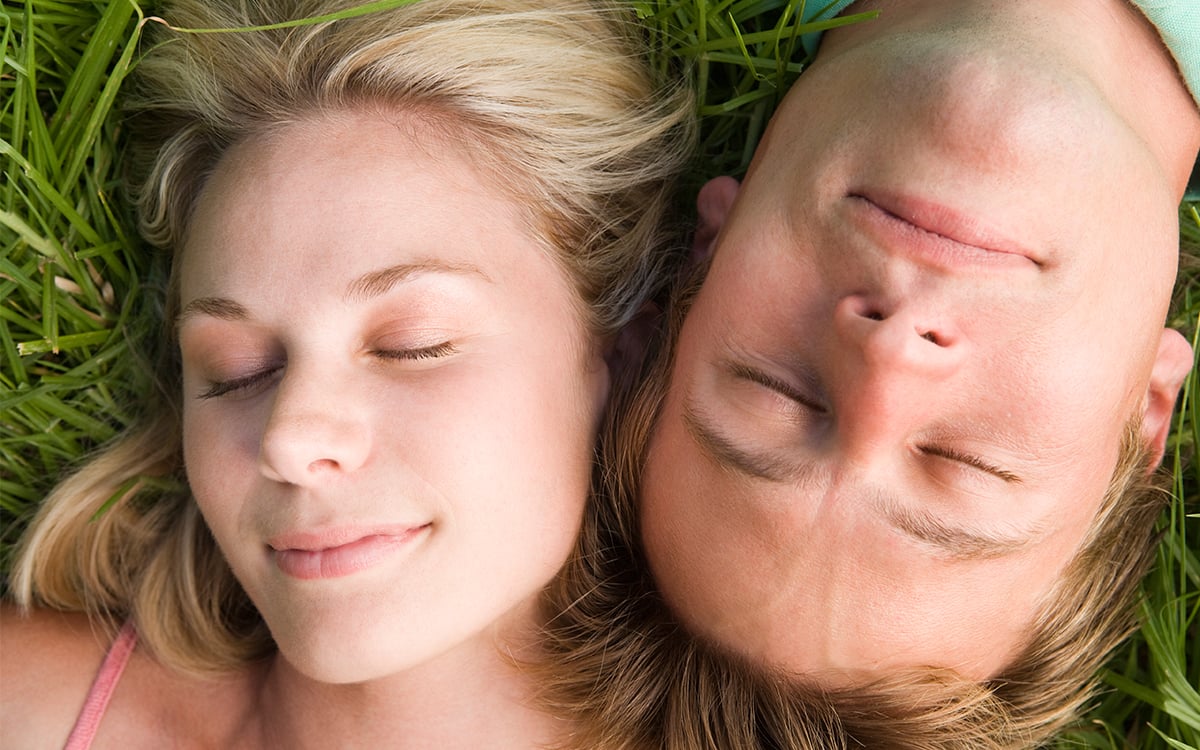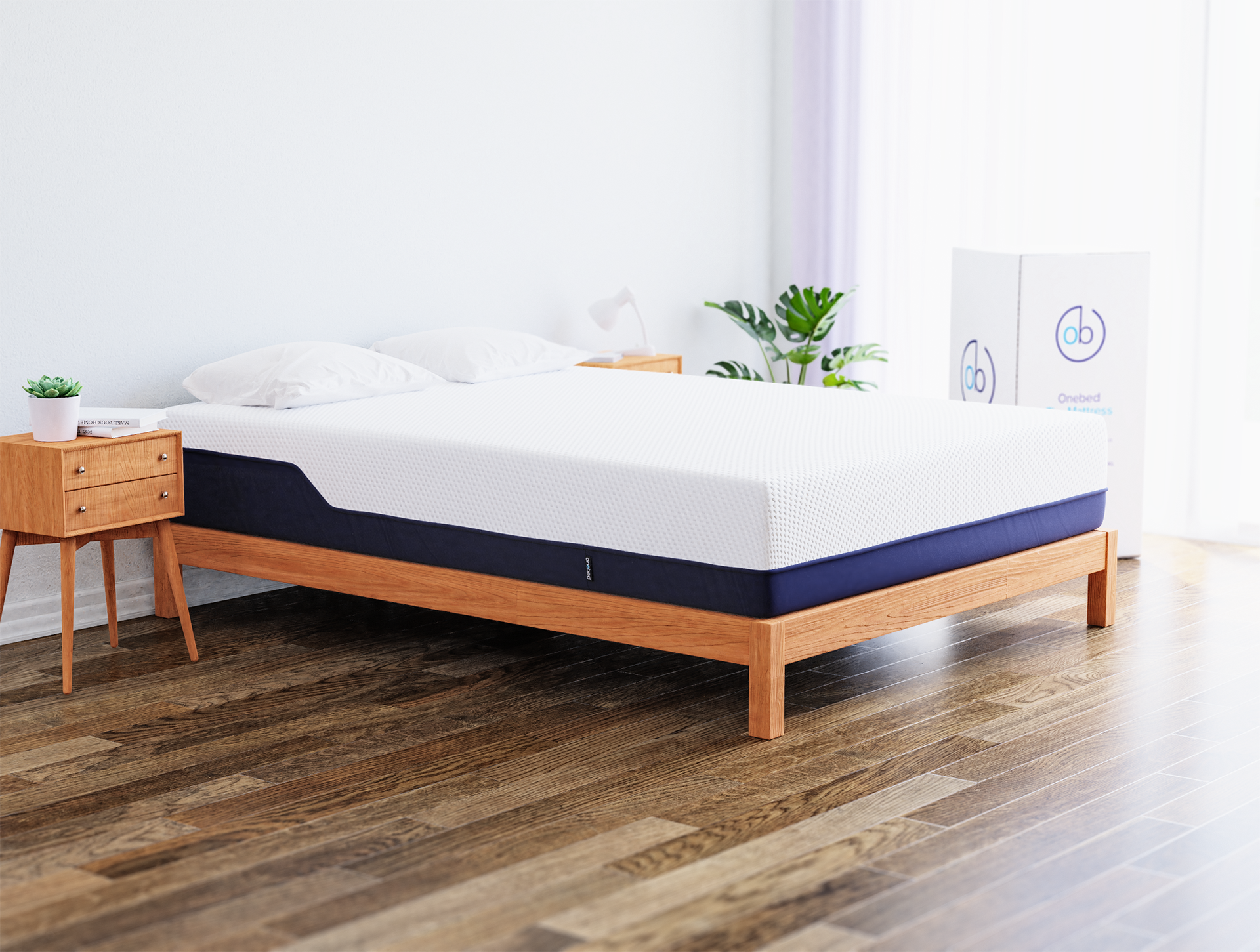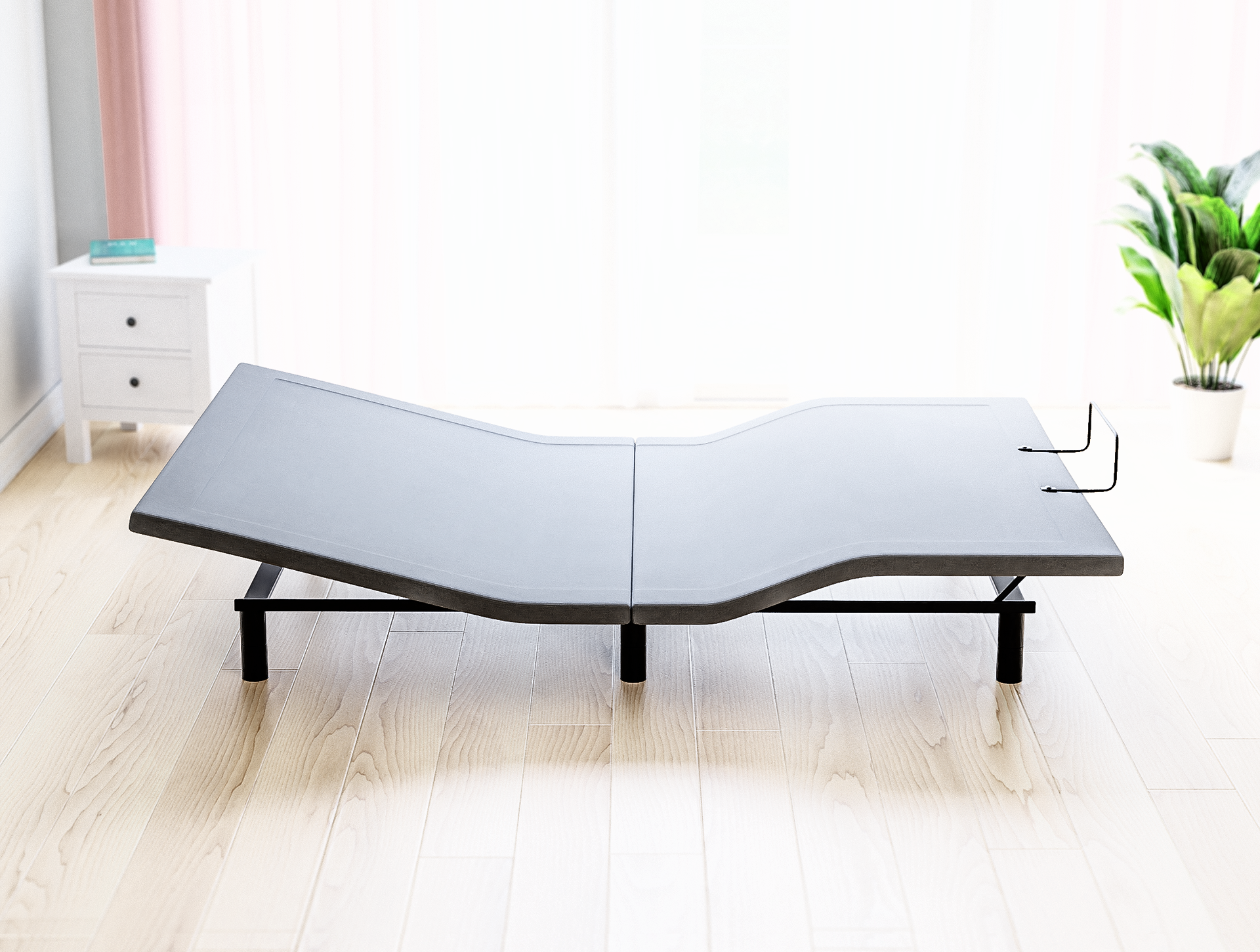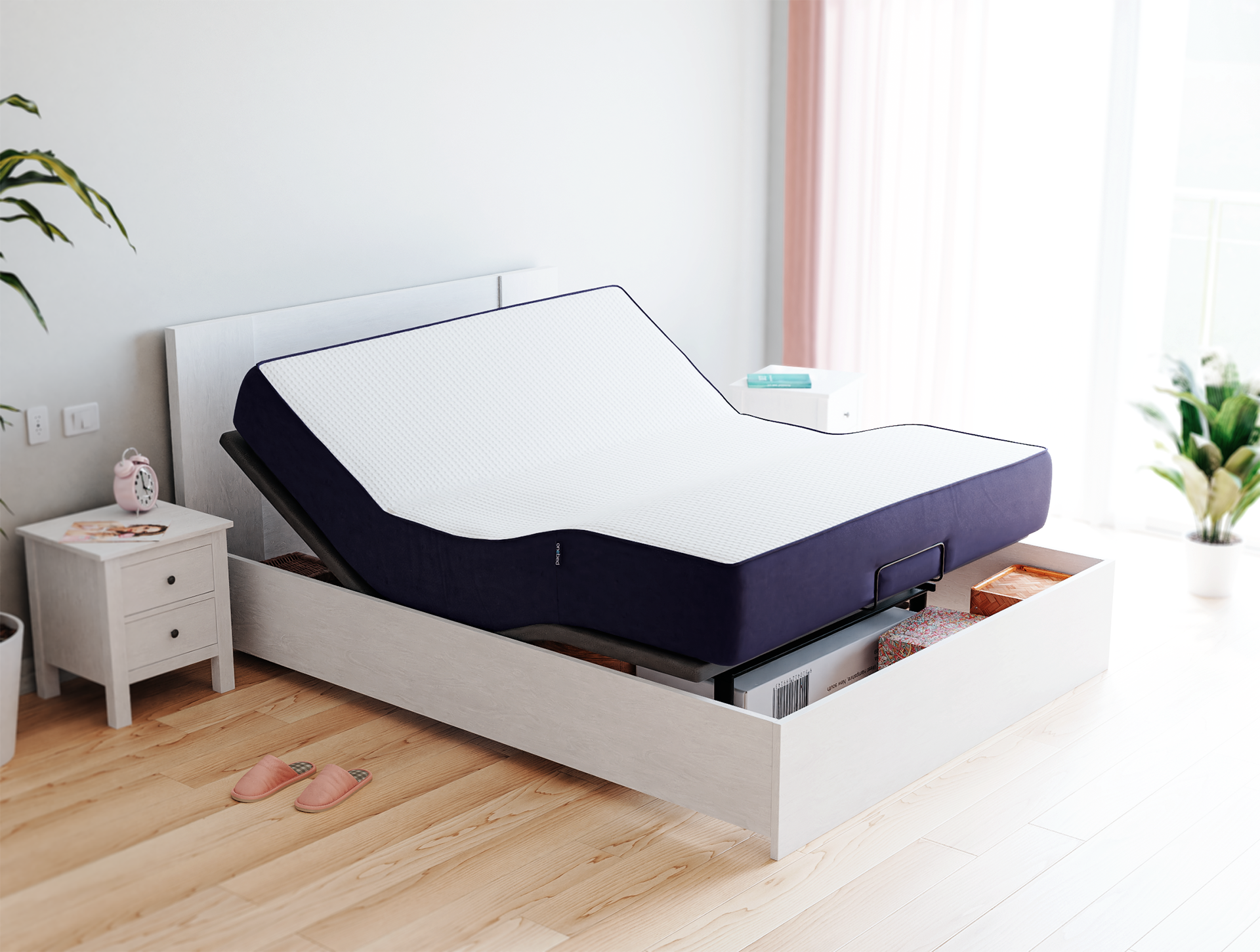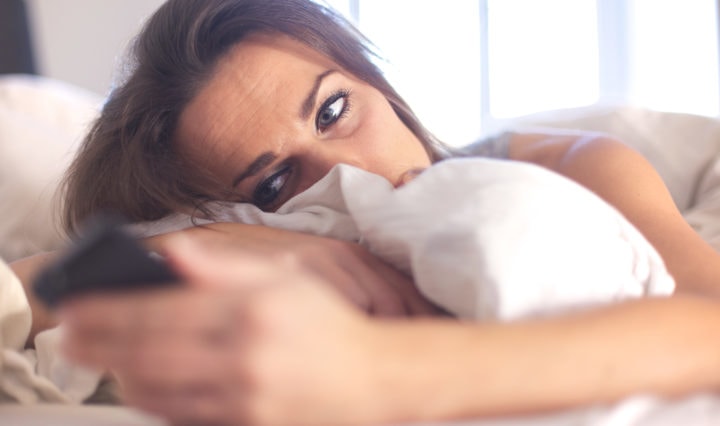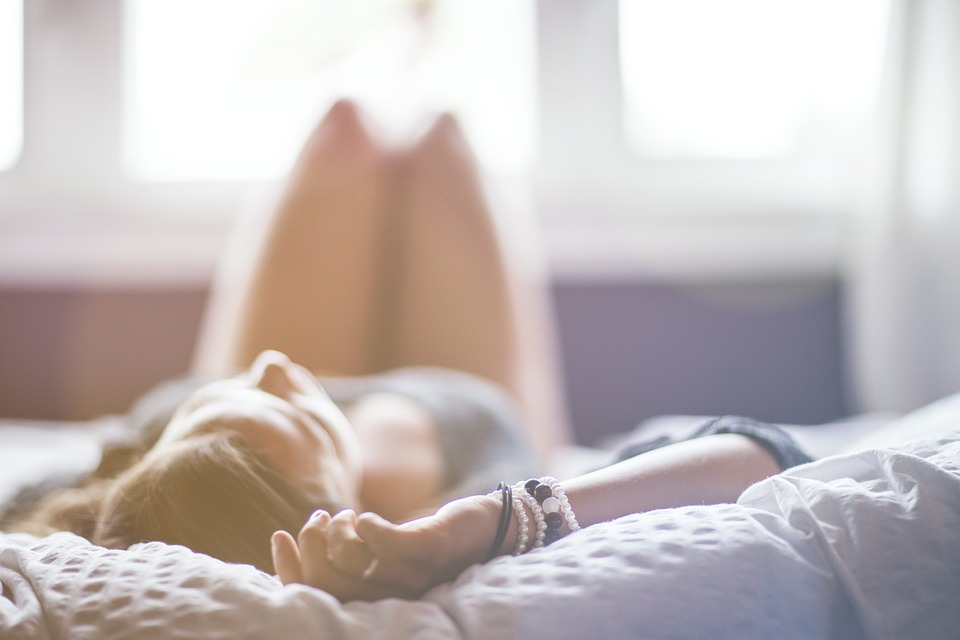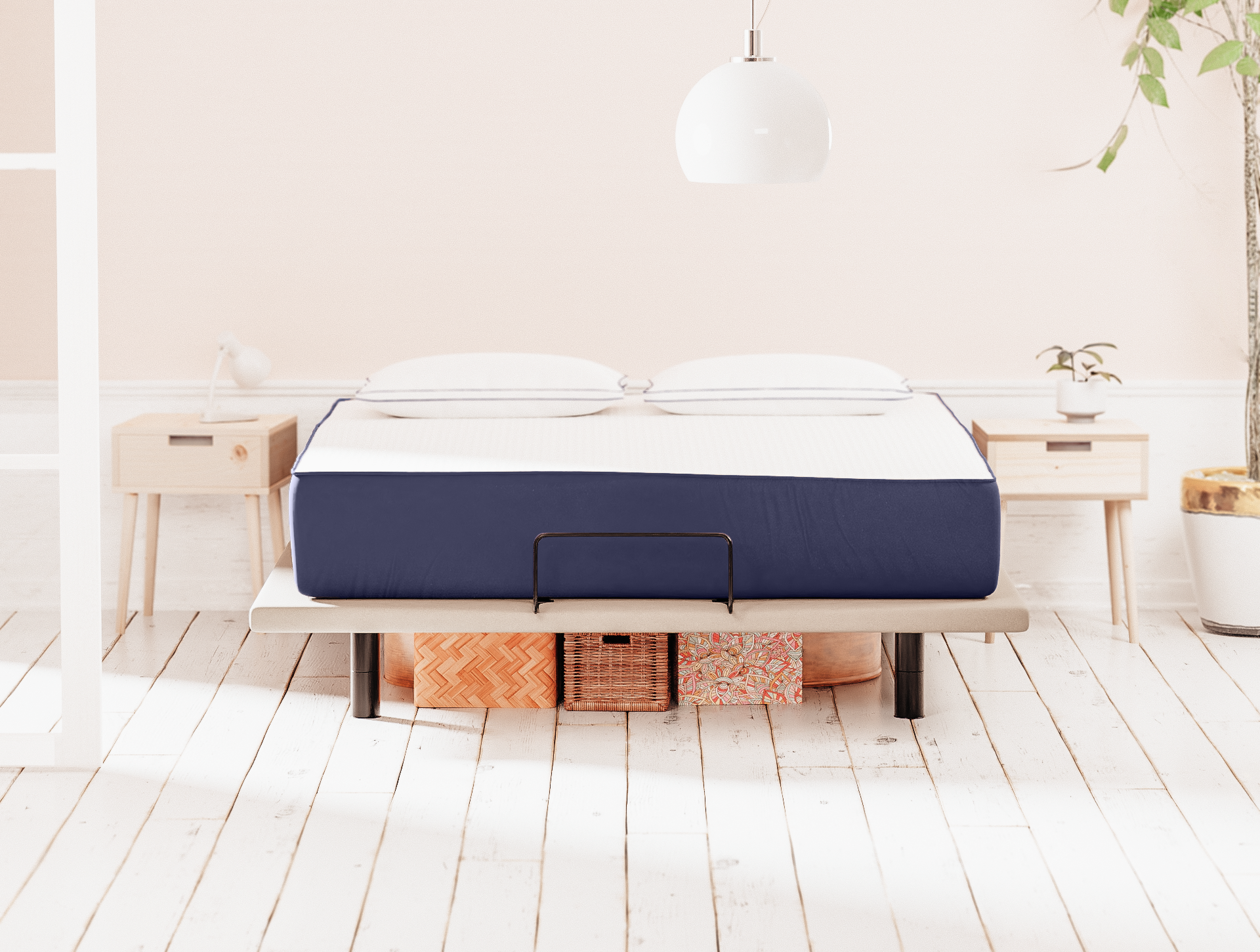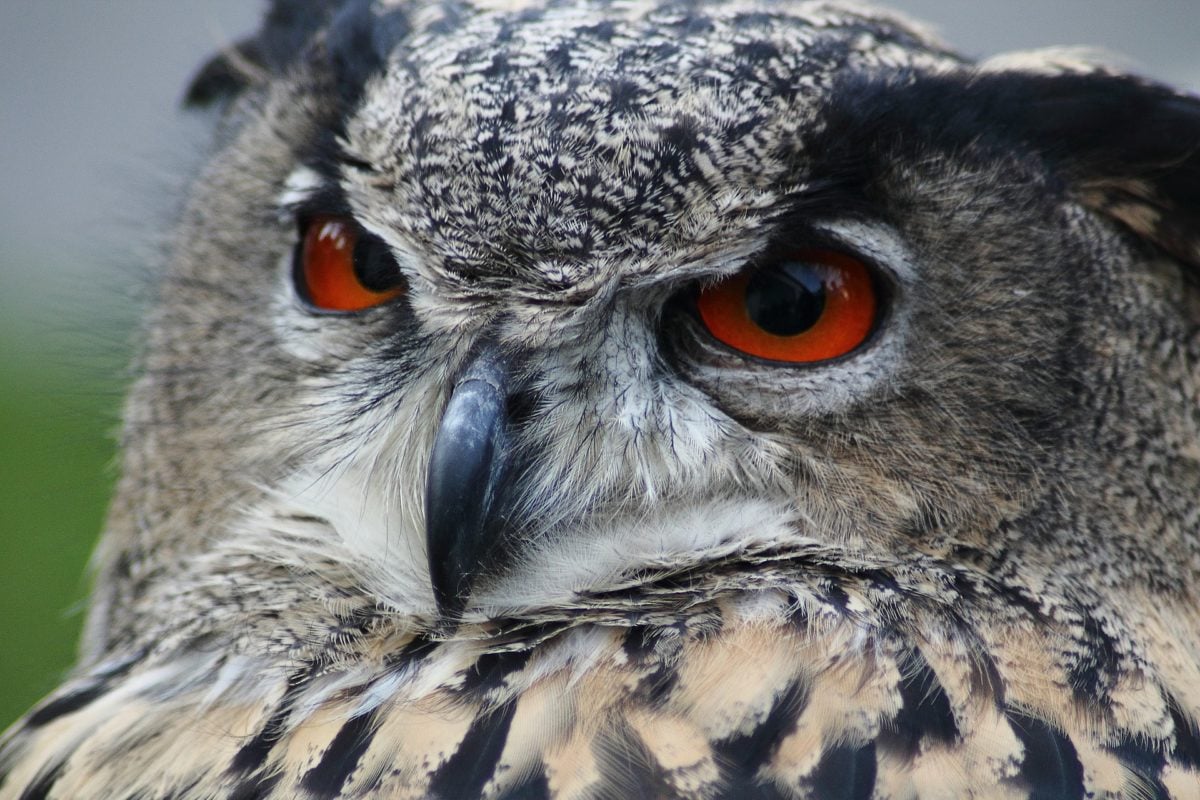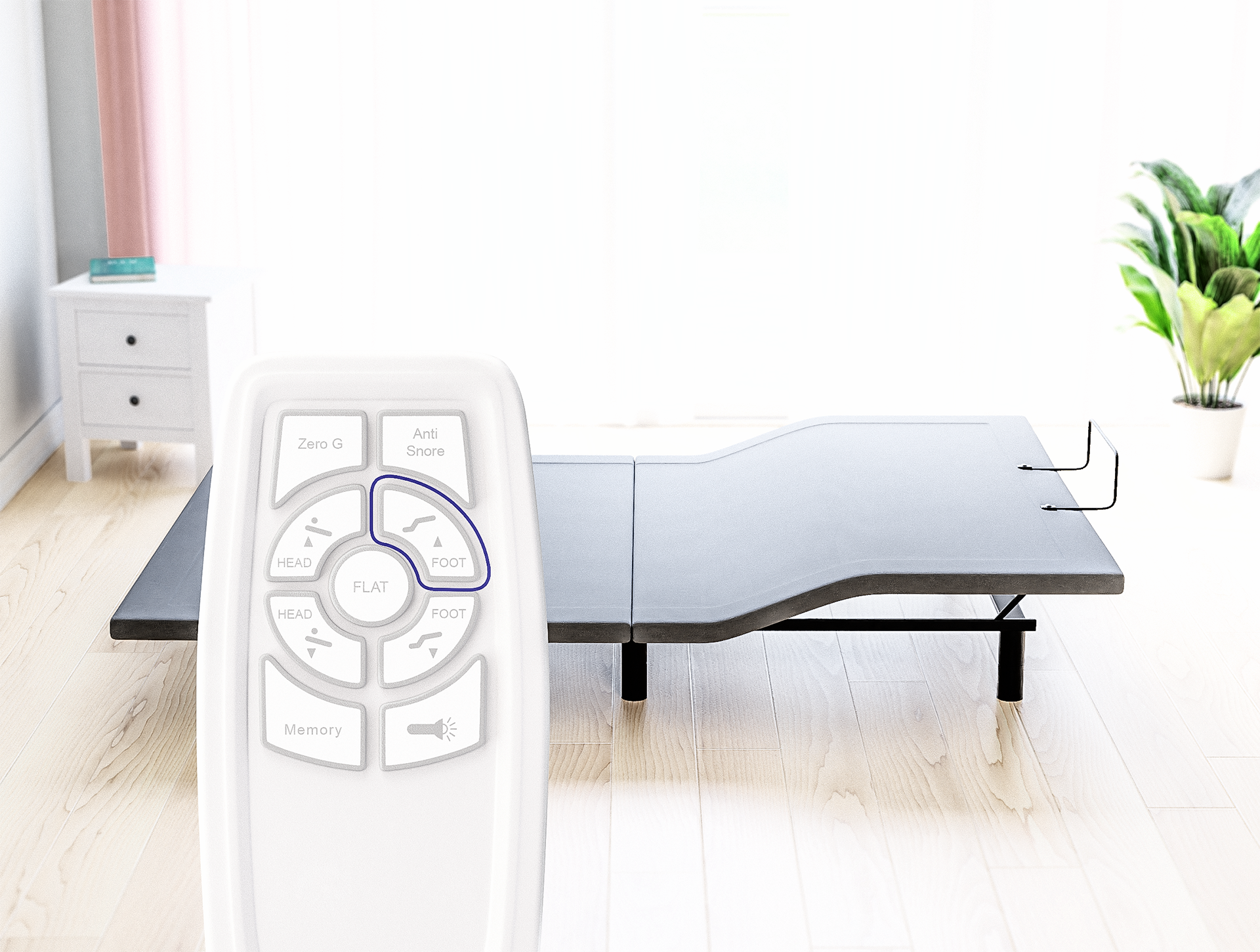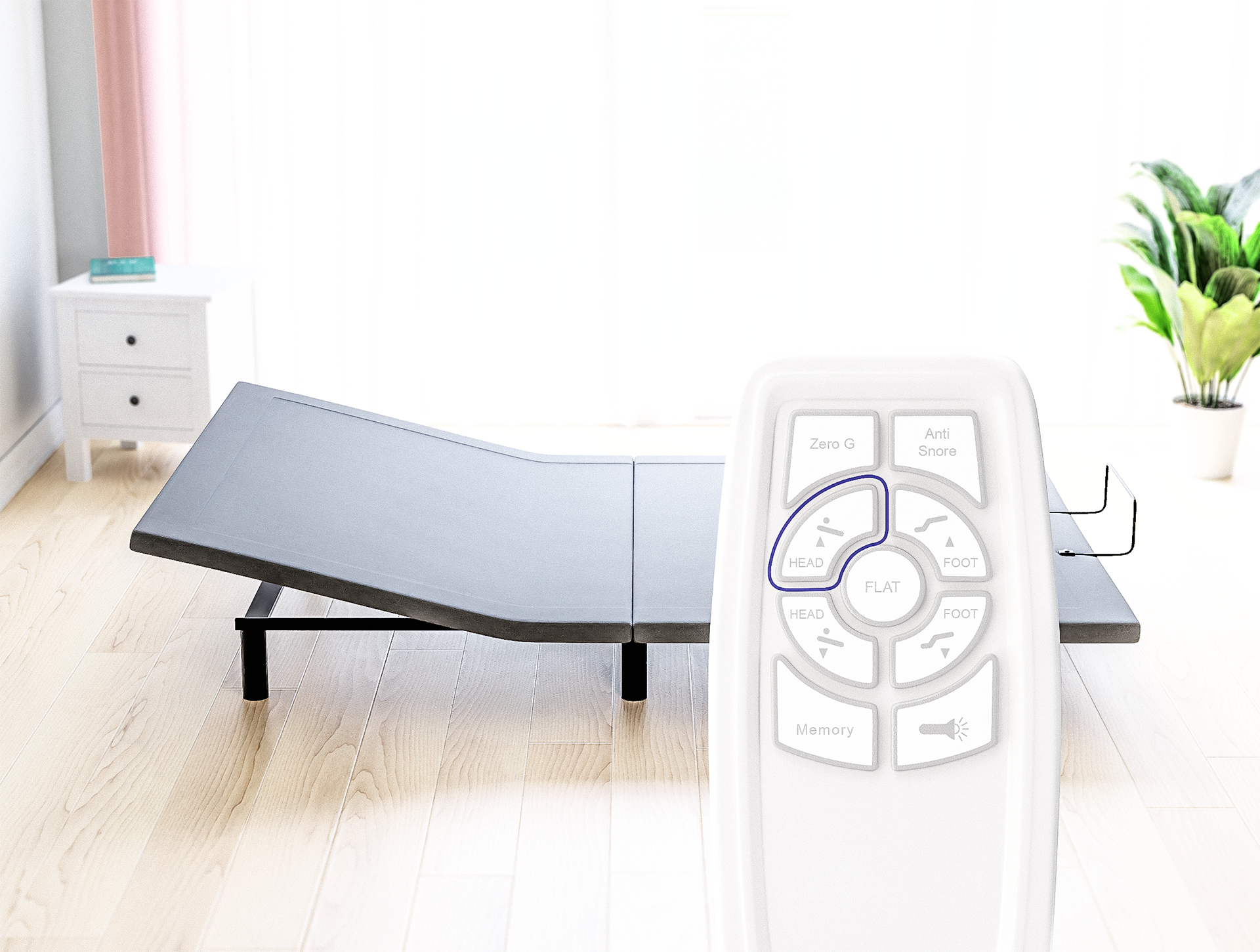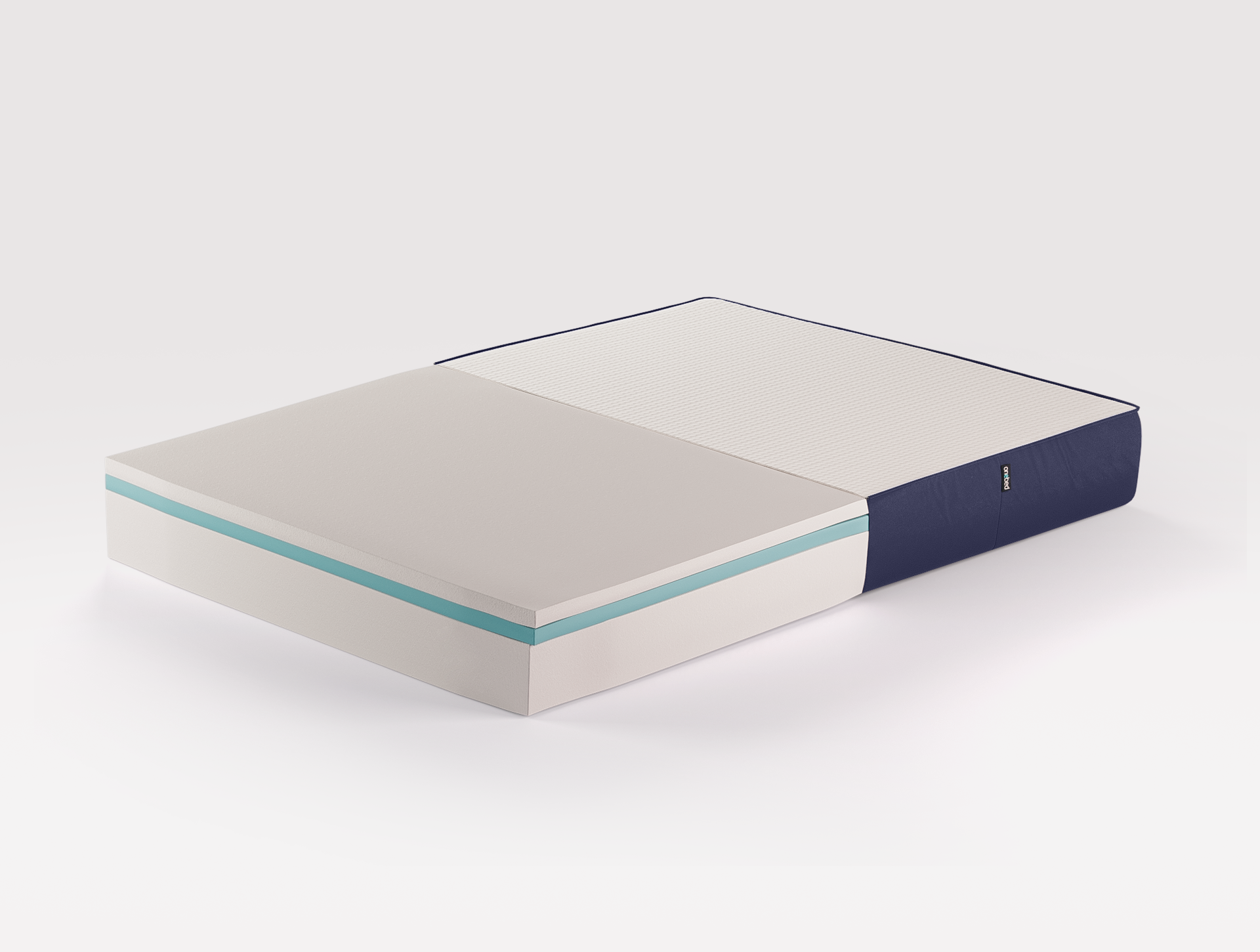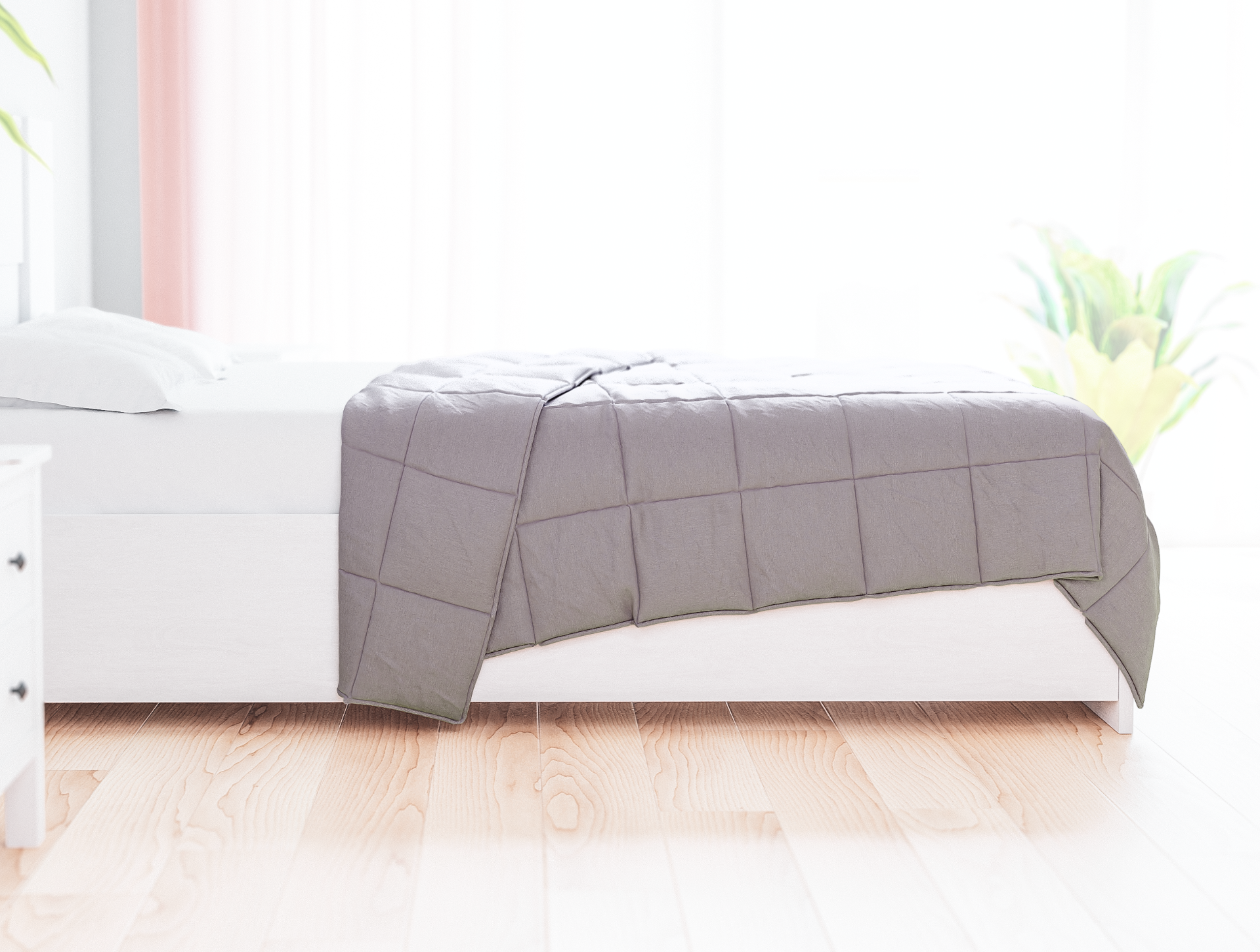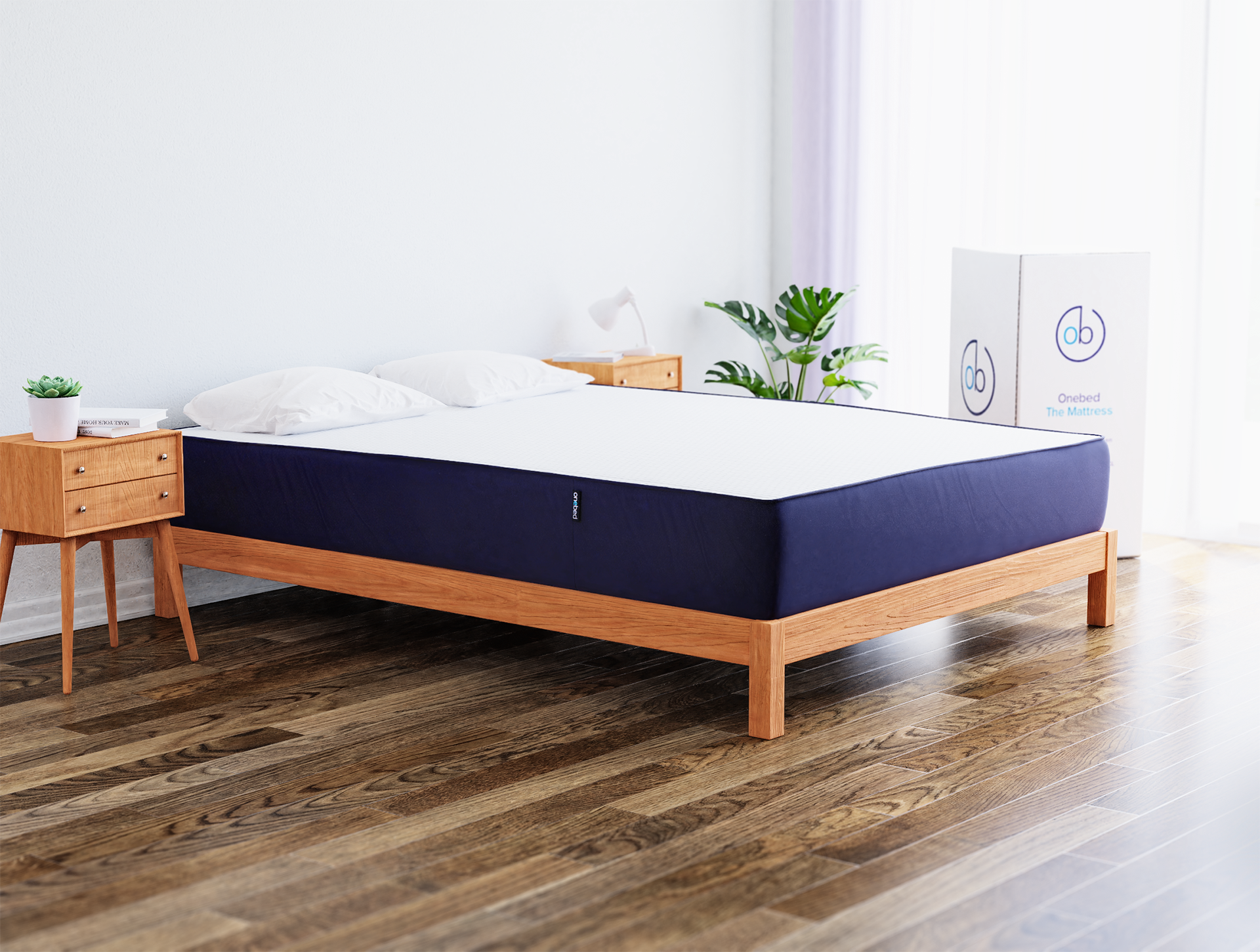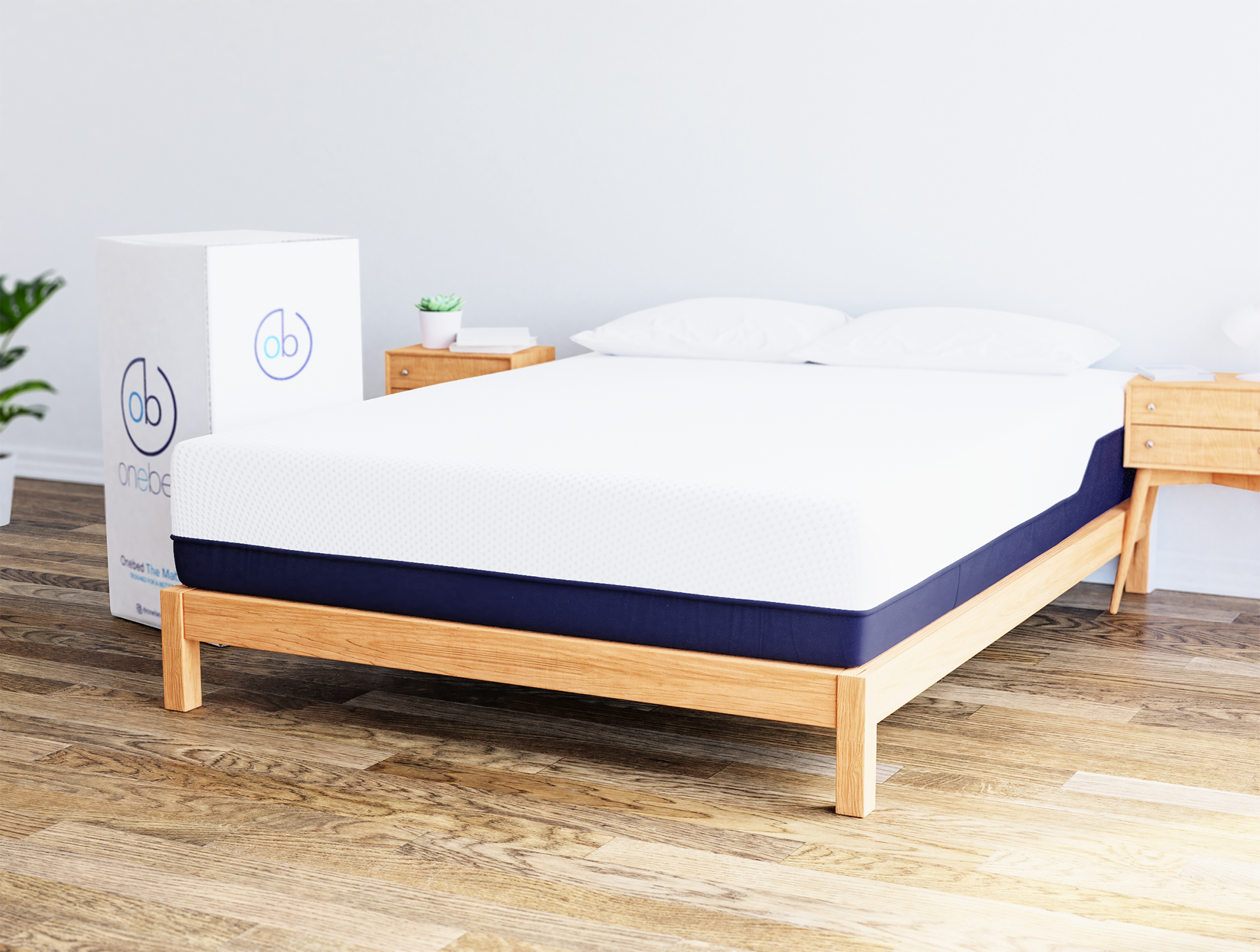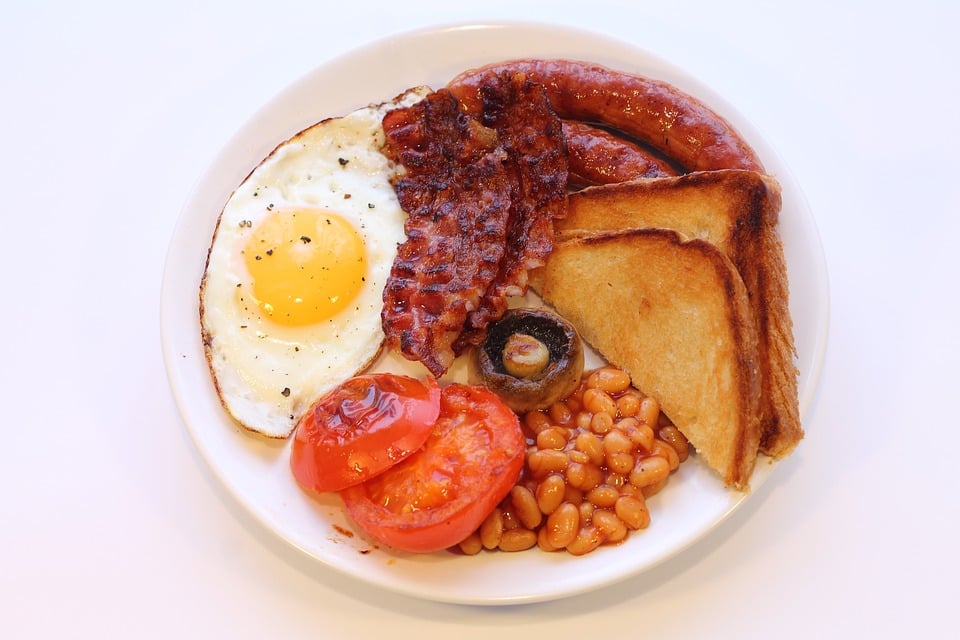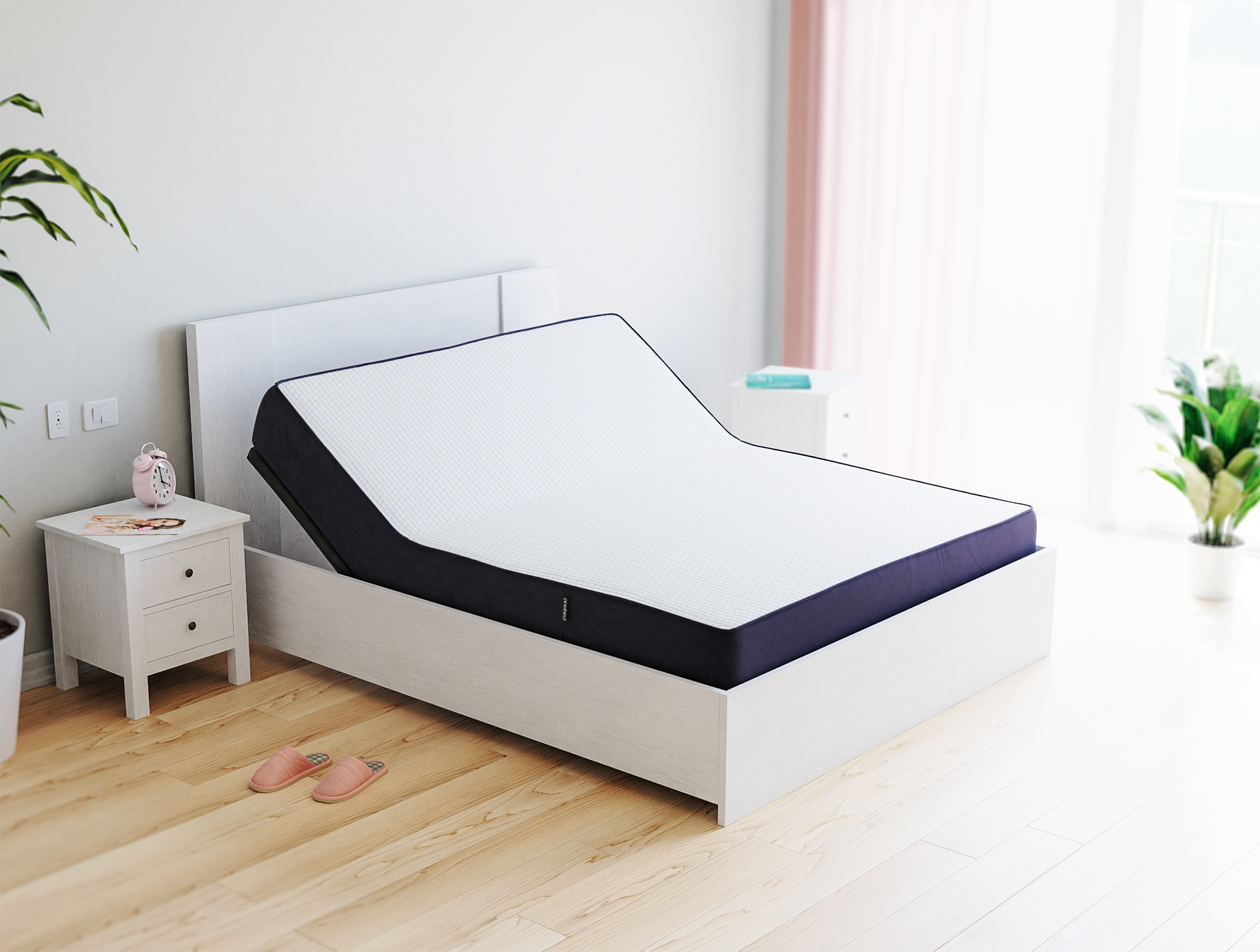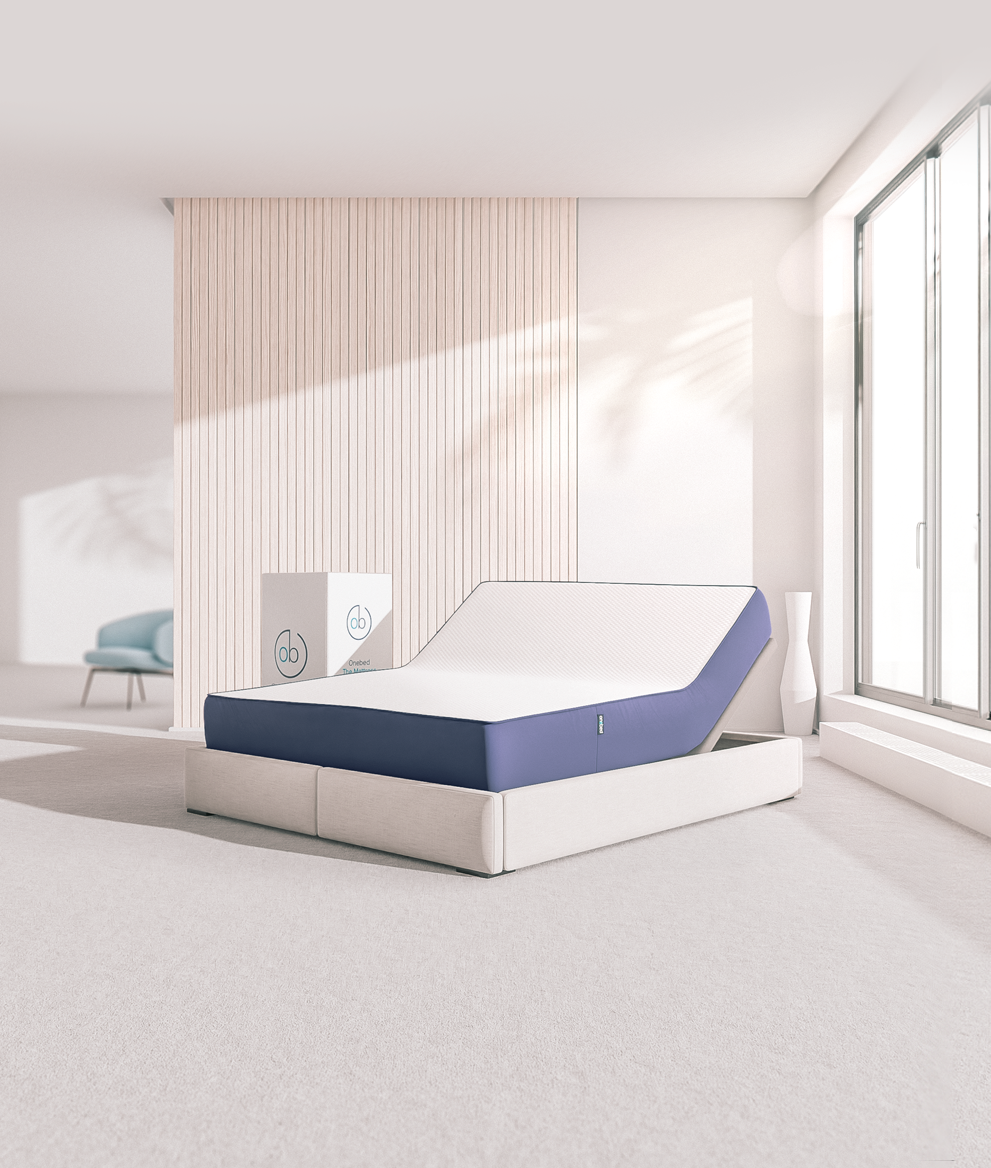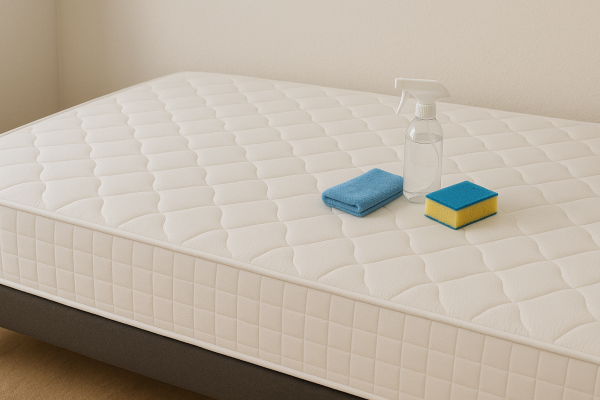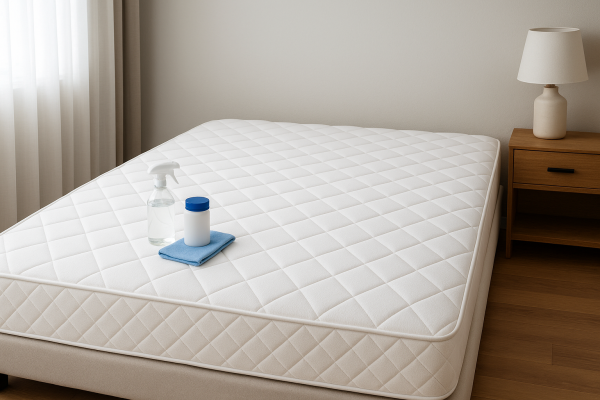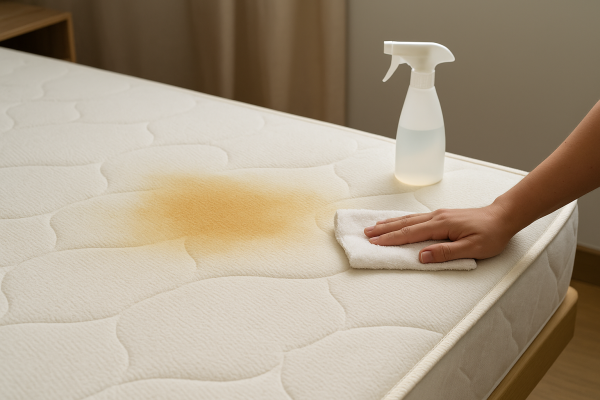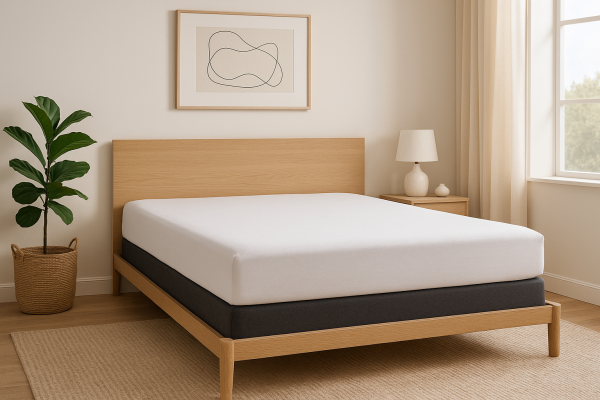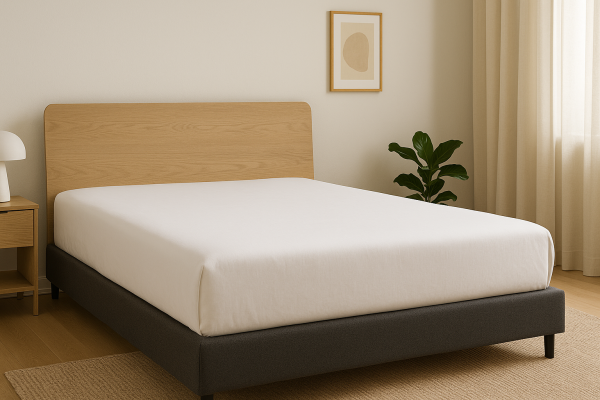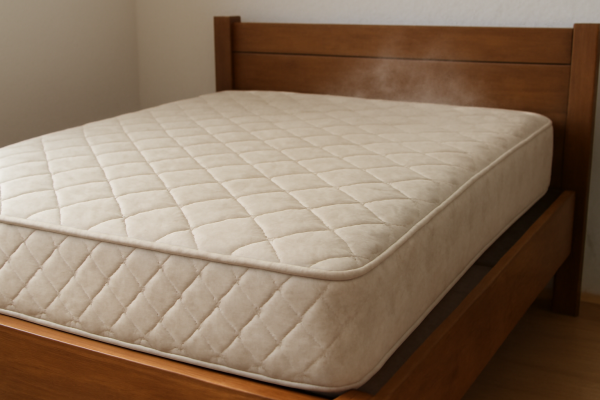The waking world is a strange enough place. And when viewed from the lens of sleep, it can get much, much stranger.
For a better understanding of this weird, weird world, here are 50 of the most interesting facts related to sleep, dreams, and insomnia that we could find:
1. We Get Less Sleep During the Full Moon

It all started in 2013 when a group of sleep researchers were drinking at a local bar during the full moon.
In their inebriated state of heightened creativity, they hypothesized that perhaps the moon has some scientifically measurable effects on human sleep. And they didn’t need to look far for their research, only backwards in time.
Nearly 2 decades earlier, in 2000, the same team of investigators from the University of Basel and the Switzerland Centre for Sleep Medicine began a 3-year sleep study involving 33 volunteers.
It was just a general study on human sleep patterns, conducted through EEG measurements, melatonin levels, brain wave activity monitoring, how long it took volunteers to fall asleep, etc. When it was conducted, the study didn’t have anything to do with the moon.
But in 2013, when the researchers took a second look at the data, they found that there was in fact a correlation between lunar activity and sleep.
For instance, on the three to four nights during a full moon, the volunteers took five minutes longer to fall asleep on average, and also slept for an average of 20 minutes less.
Melatonin (sleep hormone) levels were also considerably lower during these nights, and according to EEG monitoring, deep sleep fell by 30% as well.
And remember, during the study, the volunteers slept in a darkened lab where the moon wasn’t visible, and no researchers nor volunteers even mentioned the moon as it was not a variable in the study at all.
While the findings are incredible, even the researchers admit that the results are incomplete; yes, the moon influences sleep, but it’s still not known exactly how.
Maybe all-night full moon parties aren’t so crazy after all.
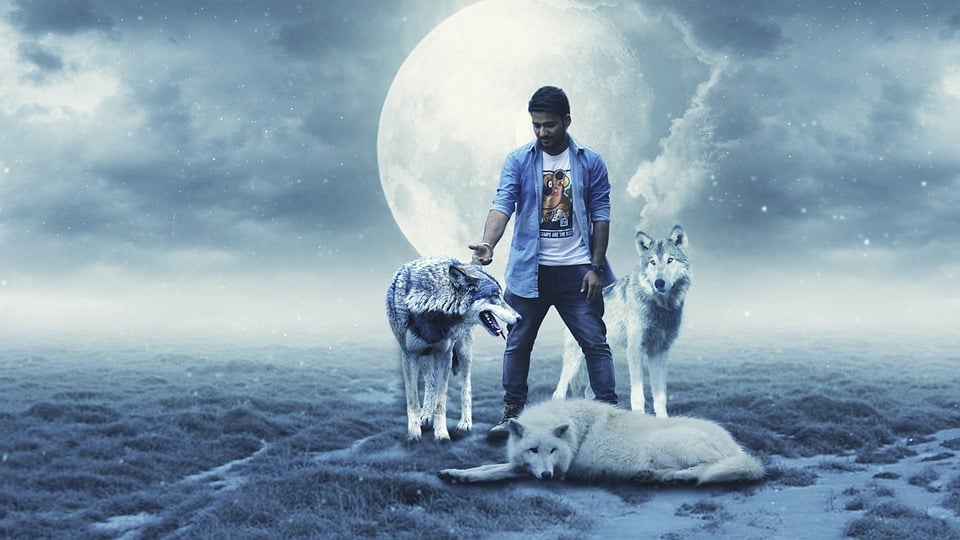
2. Gamers Can Control Their Dreams
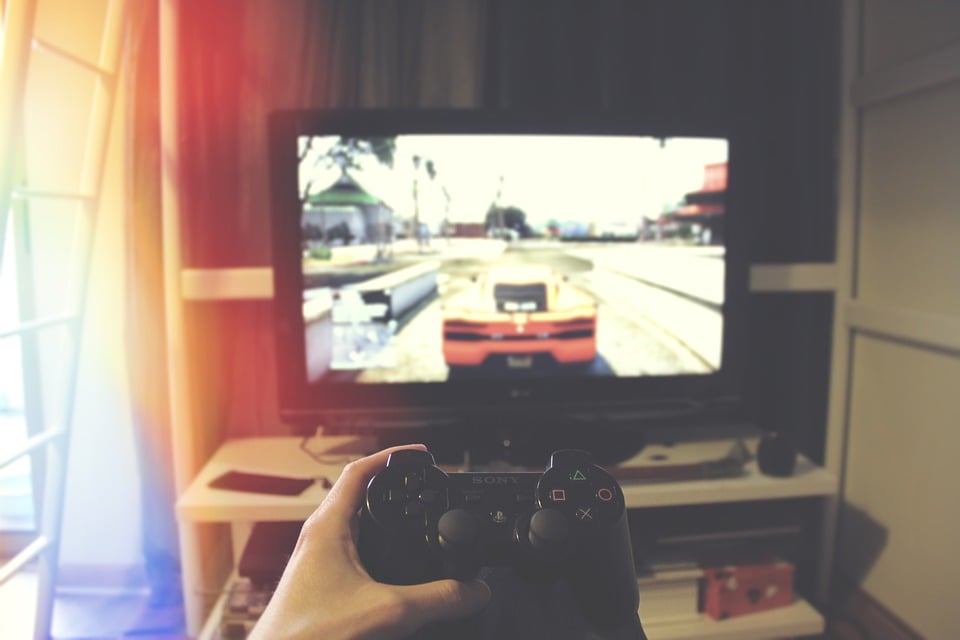
Just don’t expect Inception-levels of lucid dreaming. We’re not there yet, but recent findings suggests that we might be on our way.
According to University of Canada psychologist Jayne Gackenbach, while video games are technologically driven and dreams arise naturally from the mind, both represent alternate realities.
Thus, spending hours during the day in a virtual reality is basically practice. Gackenbach elaborates, “Gamers are used to controlling their game environments, so that can translate into dreams.”
Several of the psychologist’s own survey and studies back the idea up with research. In a 2006 survey, she found that gamers were more likely to report lucid, observer dreams where they saw themselves from a vantage point outside their bodies.

In a later 2008 study involving 63 women and 35 men, she found that gamers fewer threatening dreams, and even reversed-threat simulations dreams in which the dreams him or herself is the threatening in-dream presence.
Experts speculate that these findings could possibly help resolve or at least mitigate PTSD aka post traumatic disorder.
3. Black and White Media Exposure Equals Black and White Dreams
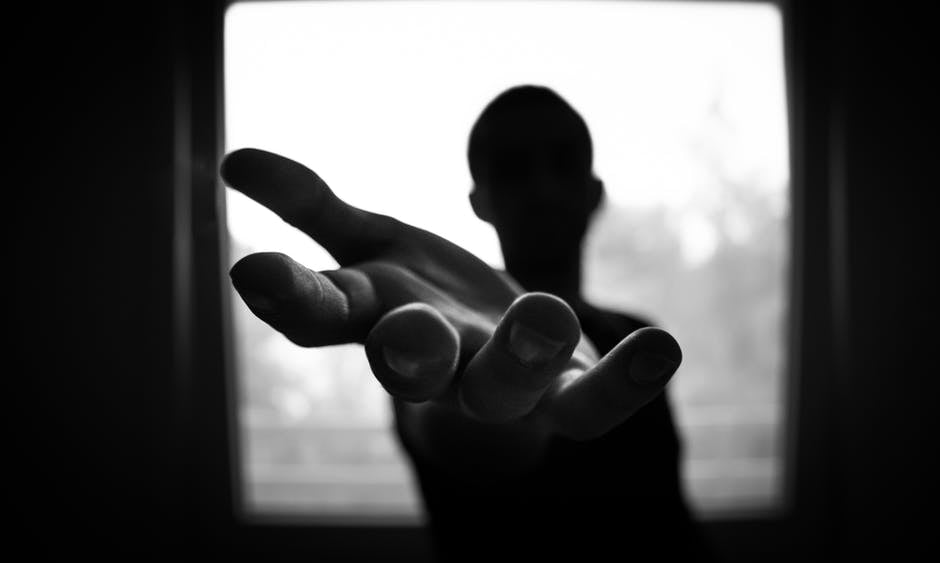
People who first saw television and movies in black and white experience a lot more gray scale dreams than people whose first exposure was to colored media.
According to experts, further analysis of the data also suggest that only the former group are capable of experiencing true black and white dreams.
4. Deaf People Often Sign in Their Sleep
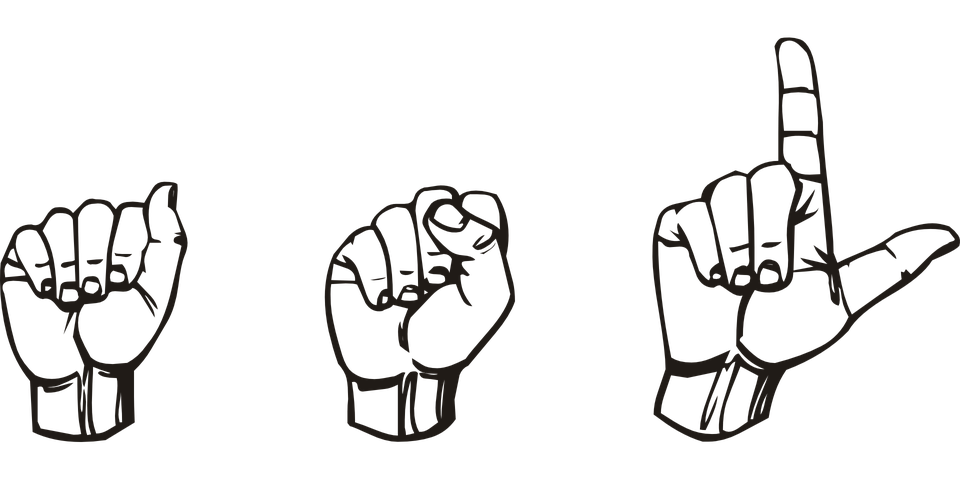
It’s common for some deaf people to use sign language while asleep. This is how they ‘talk’ in their sleep.
5. People Who Were Born Blind Experience Sightless But Vivid Dreams

Those who were born blind or were blinded at a very young age dream just as vividly as most of us do. But instead of visual experiences, their dreams are filled with emotions, touch sensations, smells, tastes, and sounds.
6. Lack of Sleep Leads to Greater Pain Sensitivity

Not getting enough sleep can dramatically lower your ability to tolerate physical pain.
It’s probably why accidentally hitting bedroom furniture with your toe in the middle of the night is such a painful and memorable rush of sensations.
7. Scientists Used to Believe that Shining a Light at the Back of the Knee Can Influence Sleep

Nope, we’re not kidding. Back in 1998, a Cornell University study found that shining carefully-timed pulses of fiber optic lights at the back of test subjects’ knees could reset their sleep cycle.
The idea was that the back of the knee is full of blood vessels near the skin’s surface, and bathing it in light could possibly influence the body’s internal clock through the blood.
While the results were positive at the time, several follow-up studies were never able to replicate what happened in the study.
So today, shining fiber optic lights at the back of your knees to reset your sleep cycle is mostly regarded as a sleep myth.
8. Walruses Can Stay Awake for Up to 84 Hours Straight

Their look may suggest laziness and naps, but as it turns out, walruses may be the most appropriate mascot for Red Bull.
In a study released back in 2009, sleep and animal experts found that walruses could stay awake and active for up to 84 hours – all without showing any behavioral signs of sleep.
Additionally, the study also tackles how walruses are some of the most unusual sleepers in the animal kingdom.
They can sleep while floating on the water’s surface in different positions and even while anchored to ice floes via their tusks. However, they also get their best sleep on land, where they can settle in for some deep sleep that lasts for 19 hours.
9. Snails Can Sleep for 4 to 6 Years Straight
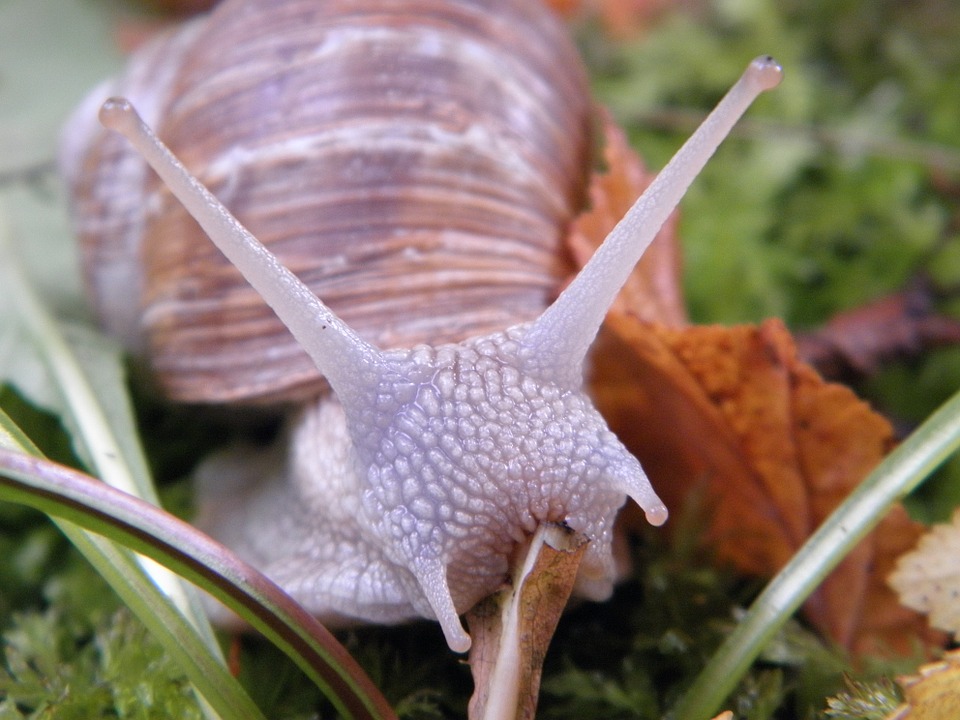
Killjoy Alert: the idea that snails sleep for 3 years is just a meme, not scientific fact.
In reality, snails hibernate by finding a safe place, coating their entire bodies and shell with slime, and remaining fully inactive for up to 6 years.
Different species of snails have been found hibernating in walls, under shrubs and roots, and some snails have even been known to bury themselves a couple inches underground.
10. There is No Definite Healthy Amount of Nightly Sleep for Humans
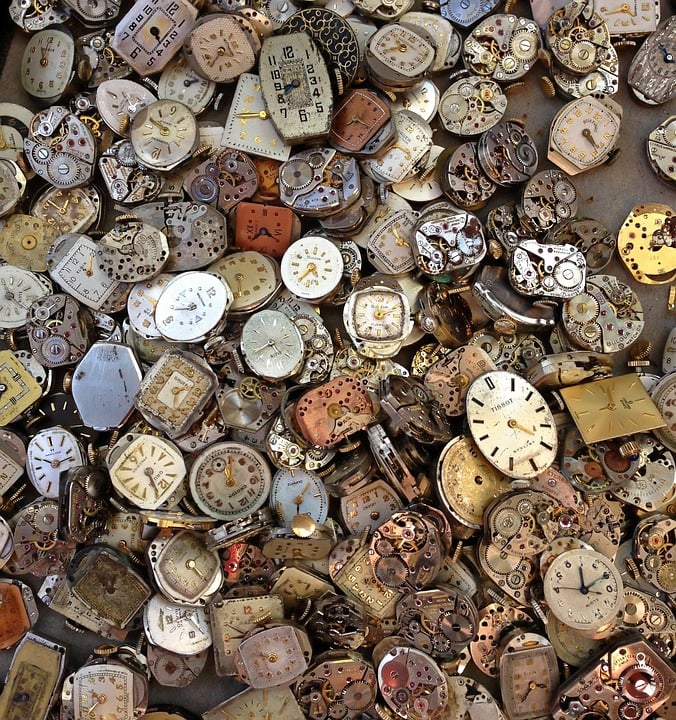
In 2015, the National Sleep Foundation has compiled a scientifically-proven list of nightly recommended sleeping times for people of all ages. You can use that guide to gauge whether or not you’re getting healthy amounts of regular sleep.
However, while the NSF’s guide represents a consensus between experts of various medical fields, it exists more as a guide instead of a list of strict rules. Only you can personally tell how much nightly sleep you need in order to feel refreshed and well-rested in the morning.
11. The World Record for Longest Time Spent Awake is 11 Days Straight
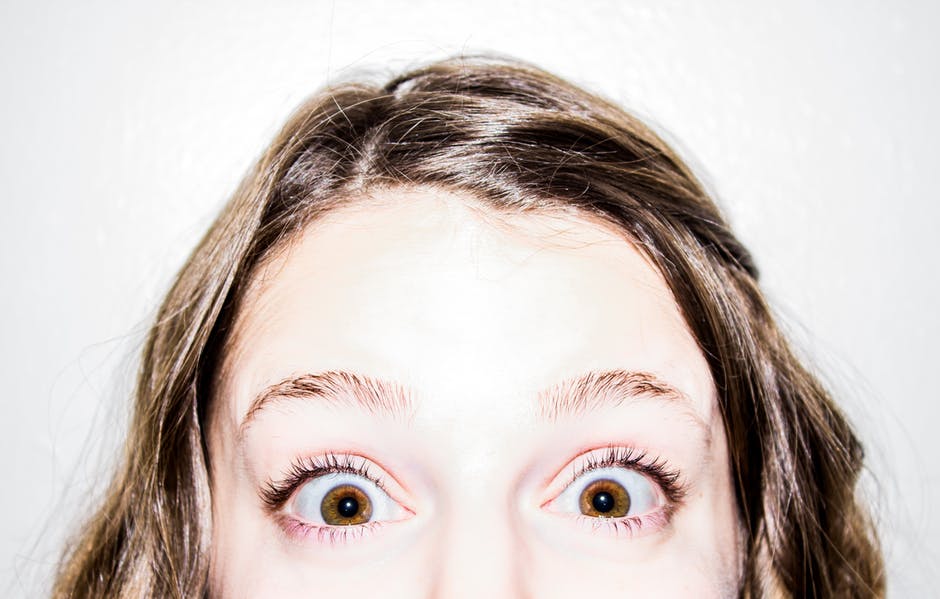
Back in 1964, Randy Gardner, a high school student from California, stayed awake for a whopping total of 264.4 hours (or 11 days and 25 minutes) – all without using stimulants of any kind.
He experienced moodiness, concentration and memory problems, paranoia, and even hallucinations.
Despite all that, on the tenth day of being awake, Gardner still managed to beat a Stanford sleep researcher at pinball, as well as emerge from the experiment in full health (after finally getting some sleep).
While there are other claims of people staying awake for longer time periods, Gardner’s case is the one that’s recognized by most experts for its extensive scientific documentation.
12. You Can Take Nap Classes & Anti-Hangover IV Needle Drips in Surry Hills

Seriously. On 33 Foster Street in Surry Hills, there’s a place that offers yoga, meditation, and napping classes.
The Indigo Project is run by different psychologists who believe in the invigorating power of a nap to keep you refreshed and alert while doing some adulting. They can teach you how to nap for just 20 to 30 minutes – the perfect duration for being rejuvenated without the post-nap lethargy aka sleep inertia. If you’re really curious about their services, their prices are not bad at all.
But if those napping classes didn’t fully take the edge off your hangover from last night, head on over to 18 Pelican Street to experience The Hangover Clinic.
This place offers intravenous therapy in the form of customized IV hydration drips laced with pain relievers, vitamins, and other medicines. Their cheapest package, Quick Shot, can give you hangover relief in as little as 20 minutes.
And if you’ve just spent one of those nights that end in you swearing you’ll never touch another stubby again, you might need their premium package, The Resurrection.
If you’re concerned about your safety, there’s no need to be worried. The Hangover Clinic employs actual doctors and medical professionals to administer intravenous treatments.
Founder Max Petro says the idea came from qualified paramedic ski patrollers in the US using IV infusion to recover from hangovers.
Apart from hangovers, experts from the Hangover Clinic say that their remedies can also be effective against jet lag, cold and/or flu, and general fatigue.
13. Cats Spend ⅔ of Their Lives Asleep
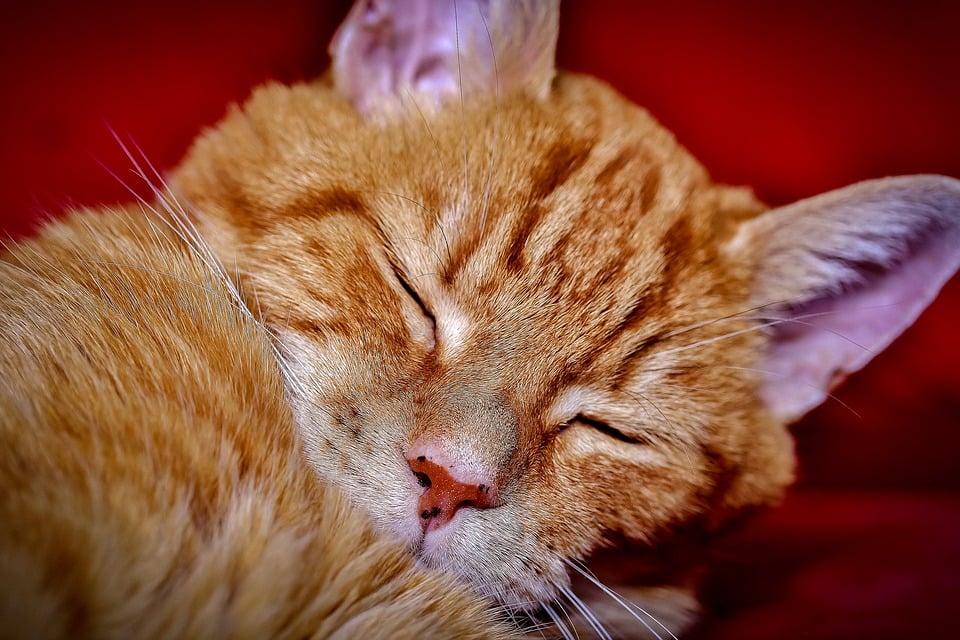
Now you know exactly how lazy your cat is. Just to compare, we humans sleep for ⅓ of our lives.
14. Michael Phelps Sleeps in a Hyperbaric Chamber

Back in 2012, Phelps and his team were training at altitude in Colorado Springs. There, they discovered that he bounced back from hard training a lot better when they’re at high altitude.
So, during training, the most decorated Olympian of all time aka the fastest swimmer in the world sleeps in a small, glass chamber that mimics the atmosphere of 8,000 ft. above sea level. Phelps says it’s helped him recover a lot faster, which he needs because he’s not as young as he used to be.
15. Sleepwalking is Evolving With Technology
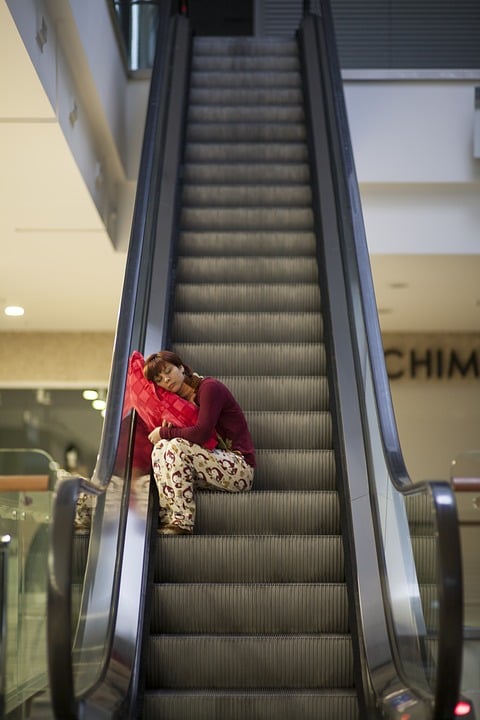
We’ve all heard the horror stories about people dangerously driving their cars while sleepwalking. You might even have already heard about the rare case of the female aussie who sleepwalked by having sex with strangers. But did you know that it’s now quite common for sleepwalkers to text, call, or even email other people?
Scientists are discovering more and more cases ‘sleep-texting’ and emailing alongside regular episodes of sleepwalking. They say it’s because using our phones to communicate has become a normal part of our lives, thus, it has crossed over to the realm of sleep.
So the next time you get a weird email or message that can’t be explained, it could be the work of a sleepwalker.
16. Odors Can Influence Your Dreams But Not Wake You Up

German experts found that pleasant smells lead to good dreams while unpleasant smells provoked bad ones. If smells can affect your emotions while awake, it only makes sense that they can seep into our dreams. But they can only go so far as to influence what we dream about.
Odors affect dreams, but they can’t stir you awake. In a separate study by Brown University, researchers found that no scent, smell, or odor (including the smell of smoke) can awaken a person who is in deep sleep, even when they strapped the chin close to force nasal breathing. Even strong, unpleasant smells couldn’t wake up test subjects.
Sadly, this means that when cartoon characters are awakened by the scent of bacon, they’ve been lying to us this whole time. #childhoodruined
17. Sleep is a ‘Power Cleanse’ for the Brain
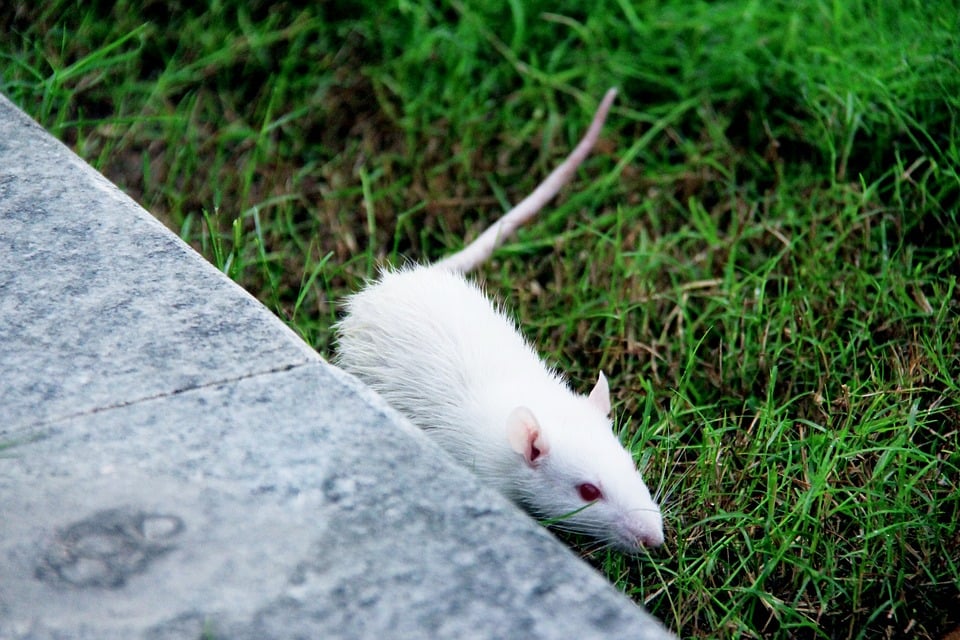
In fact, getting proper sleep on a regular basis could prevent you from getting Alzheimer’s. Neuroscientists from UC Berkeley have found confirmed that the brain literally flushes out potentially toxic proteins during deep sleep.
The better we sleep, the more our brains can get rid of the beta-amyloid protein, a brain cell-killing biochemical that’s notorious for setting the stage for Alzheimer’s disease.
Although this was initially discovered by studying the brains of lab mice, the most recent findings are based on studying the same effect in humans. 26 healthy test subjects aged 65 to 81 were tested and monitored via PET scans and EEG machines, confirming that the same cleansing happened in the brains of humans as it did in mice during deep sleep.
It could finally answer the question of why humans need to sleep in the first place, as well as why insomnia can have such terrible effects.
18. Sleep Deprivation Makes You Hungrier

Leptin is the hormone responsible for suppressing your appetite by informing your brain that you’re full.
In order for your fat cells to produce this hormone, you need proper amounts of sleep. The less you sleep, the less leptin can be synthesized by the body, which can allow your appetite to spiral out of control, even when you’re actually full.
No wonder insomnia leads to obesity, diabetes, and heart problems.
19. Staying Awake for 17 Hours Straight Impairs You As Much as Being Legally Drunk

The mental impairment of staying awake for 17 hours is equivalent to that of having a blood alcohol content of 0.05%. Expect slower reaction times, failure to concentrate, and unreasonable behavior (including brevity in the face of danger).
20. Doctors Use Morning Wood to Find the Cause of Erectile Dysfunction

Morning wood, morning glory, sunrise stiffy, and pitching a tent in the bush are all colloquial terms for what’s known in medical circles as Nocturnal Penile Tumescence aka NPT.
Testing for NPT is the first step in determining the cause of erectile dysfunction in men. If the man still gets normal erections during sleep, then the cause of erectile dysfunction is most likely not physical.
21. The Sewing Machine Was Invented in a Violent Dream
In 1845, Elias Howe was having trouble with the final design of his lockstitch sewing machine. It bothered him for quite some time, eventually seeping into his dreams.
In the dream that’s not being credited as Howe’s eureka moment, he was captured by cannibals. They threatened to kill him if he didn’t figure out how to design a working sewing machine – because, of course, that’s what cannibals do.
Howe couldn’t do it, so he was stabbed to death as promised. However, as he was being stabbed, Howe noticed how each spear had a hole in the tip. Strangely enough, as the spears went in and out of his body, Howe figured that the hole in the tip of each spear was exactly what his lockstitch sewing machine needed in order to work.
There you have it: the modern sewing machine was invented in a dream about the inventor getting stabbed repeatedly for failing to complete the invention. We challenge you not to think about spear-wielding cannibals the next time you sew something up.
22. Sleep-Learning is Possible

Experts from the Weizmann Institute of Science found that it’s actually possible to learn new information while asleep.
The study involved several test subjects who were exposed to a combination of sounds and odors while asleep. Later, they found that the subjects started sniffing when only the sounds were present (no odors), both during sleep and when they awoke.
It’s probably not the type of sleep-learning that you’re expecting, but the study is proof that you can train a person to adopt new behaviors while asleep.
23. The Average Person Dreams for 4.4 Years In a Lifetime
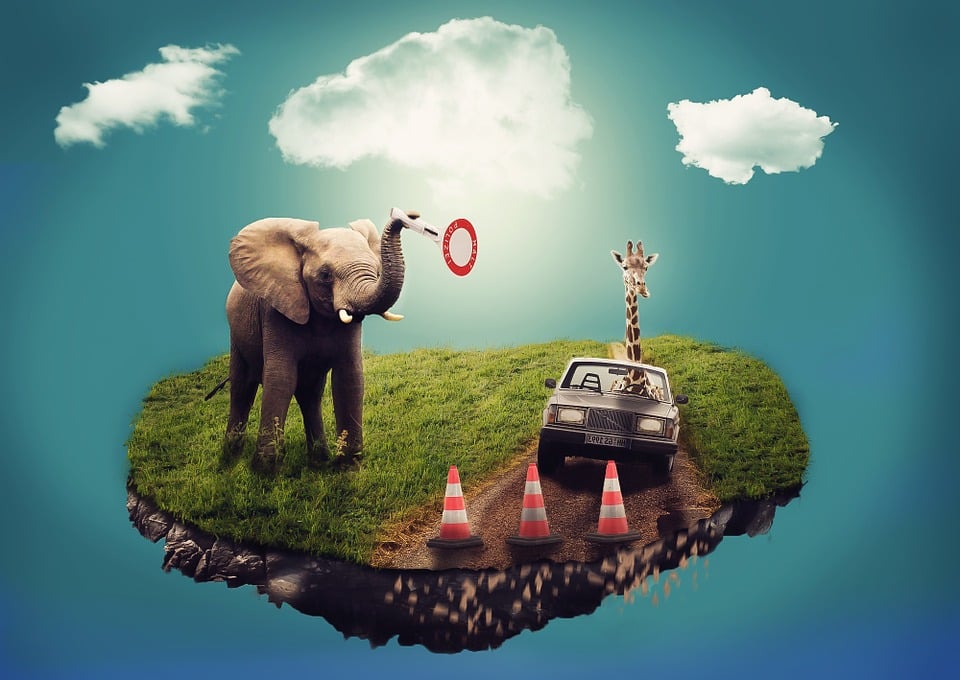
The math behind is rather complicated, but basically, a life of 80 years will give you an average of 4.4 years of dreaming. If you manage to live until you’re a hundred, you’re looking at 6 years spent in dreams.
24. The Theory of Relativity Came to Einstein in a Dream

To make that statement more impressive, the dream happened when he was just a teenager.
Einstein’s dream was about a farm in which a bunch of cows were huddled up against an electric fence in a straight line. When someone switched the fence on, he saw the cows jumping up and down in unison because of the electricity.
He told this to the farmer, who then countered that he saw something different. From the farmer’s vantage point, the cows didn’t jump in complete unison. Instead, they jumped one by one, imitating a wave.
This is where Einstein got the idea that events look different depending on your vantage point, largely because of how long it takes for the light to reach you, depending on where you are. Sounds familiar? That’s because this is basically the gist of the Theory of Relativity.
Pay heed to your dreams! You never know when you’ll dream about something world-changing.
25. You Can Die From Just Insomnia Alone

Thankfully, it only happens in extremely rare cases. In 1986, the New England Journal of Medicine published the case of a 53-year old man who only got 2 to 3 hours of sleep per night.
The man’s condition got progressively worse as the months went by. Eventually, normal sleep became impossible, causing body tremors, severe fatigue, and breathing difficulties. 8 months later, he died.
A look into the man’s family history revealed that many of his relatives also died of a similar disease, including his two sisters.
Experts have identified the condition as fatal familial insomnia, a rare genetic disease that’s caused by a genetic mutation which causes memory loss, abnormal brain function, hallucinations, and zero control over muscle movements.
26. We Forget 95 to 99% of Our Dreams
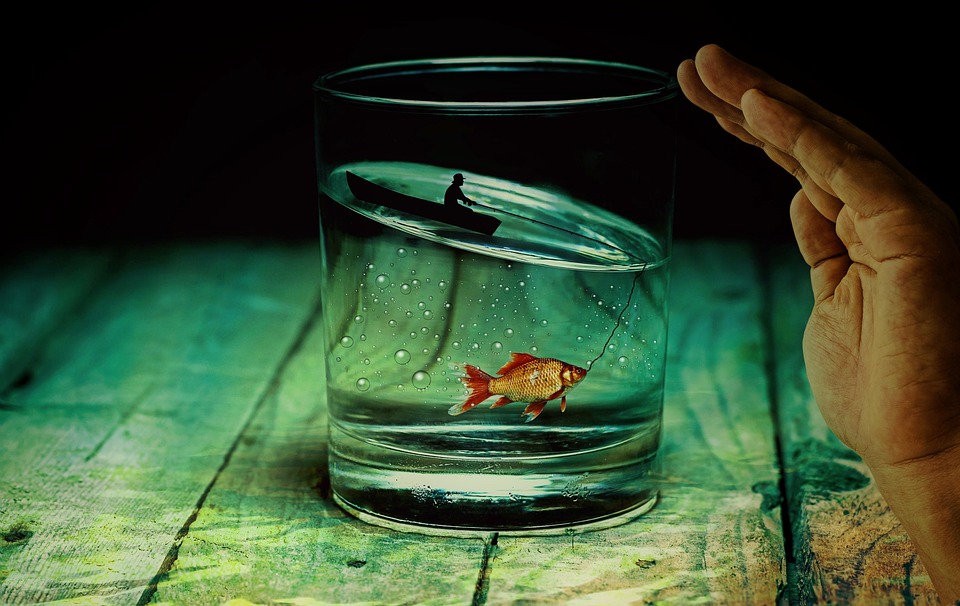
You may not consider yourself a ‘big dreamer’, but in reality, it’s highly likely that you dream about 4 to 6 times per night. Sleeping for 8 hours means that you’ve spent 2 hours of that night in dreams. We just tend to forget most of our dreams.
Scientists aren’t exactly sure why this happens, but one theory suggests that it’s because norepinephrine, the hormone associated with memory, is turned off while we sleep. Also, people who are generally more interested in dreams tend to remember more of what they’ve dreamed about later in the morning.
27. Tom Cruise Sometimes Sleeps in a “Snoratorium”

Tom Cruise, a man who gets recognized as an A-list celebrity even in the most remote corners of the world, snores like a beast. When he was still with Katie Holmes, he slept in a special soundproof room near their bedroom so his wife could get some beauty rest.
While it sounds indicative of a marriage problem, it was actually a sleeping setup that the couple was happy with and probably had nothing to do with their eventual split.
28. Insomnia Makes You More Creative
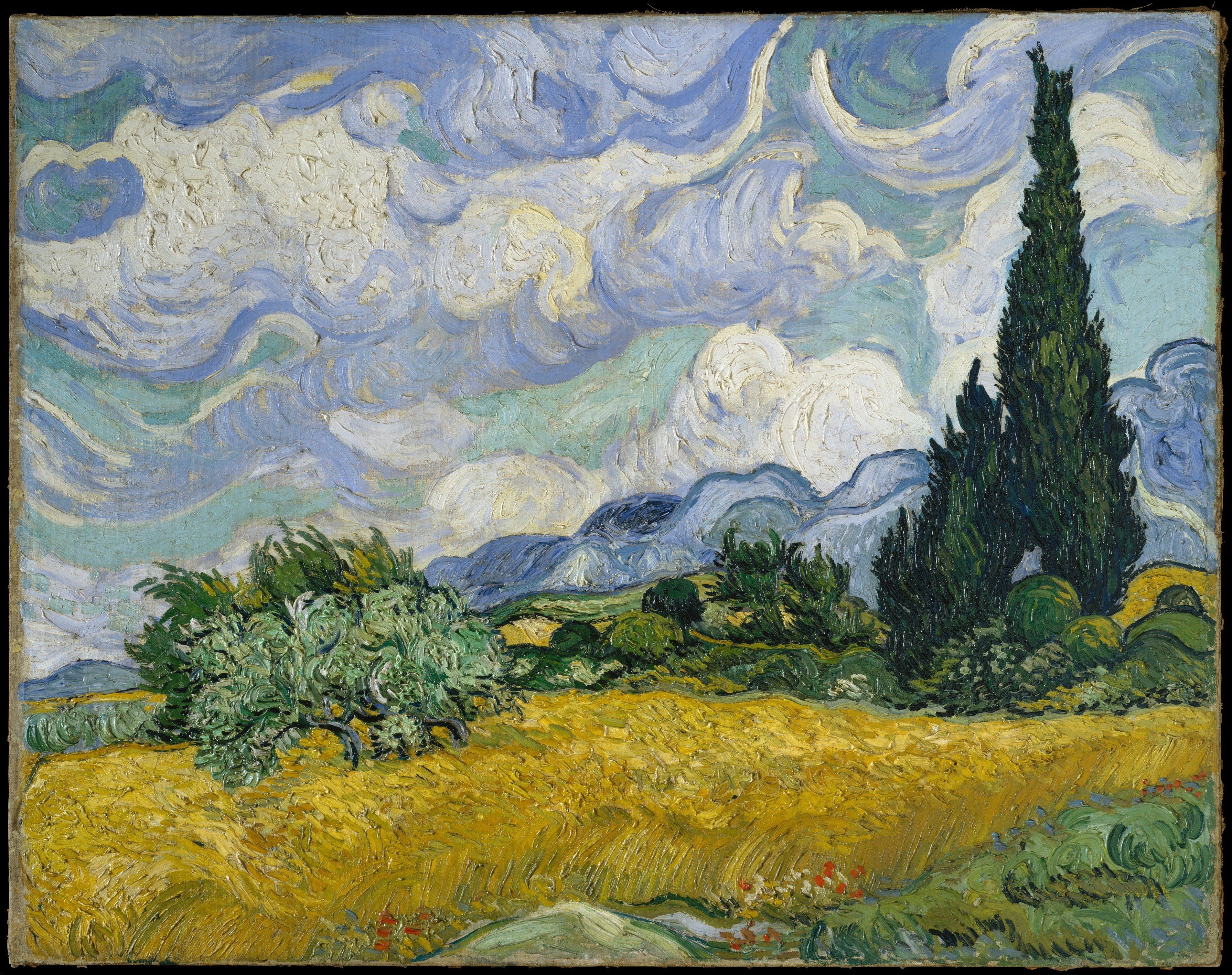
In 2013, researchers found that sleep deprivation had a small but positive effect on a person’s ability to think creatively. In particular, nighttime disturbances had a stronger positive effect on divergent thinking – the type of thinking in which you have to come up with several solutions to a single problem.
This means that if you’re losing the fight against insomnia, it could be a good time to start thinking of creative solutions to a particular problem that you’ve been stuck with.
However, once you’ve found your big idea, that’s about as far as insomnia can help you. Everything else slows down with sleep deprivation. So, you better make those sleepless, late night brainstorming sessions count.
29. Whales, Porpoises, Dolphins, and Birds Sleep With Only Half of Their Brains

It’s called unihemispheric slow-wave sleep aka USWS, and it’s common in animals who need to keep moving for extremely long periods of time and/or always be aware of predators.
With just half of their brains asleep, they can react to any nearby dangers almost instantly, whether it’s a predator or an obstacle in their way.
30. The Birth of the Modern Scientific Method Was Inspired by Crazy Nightmares
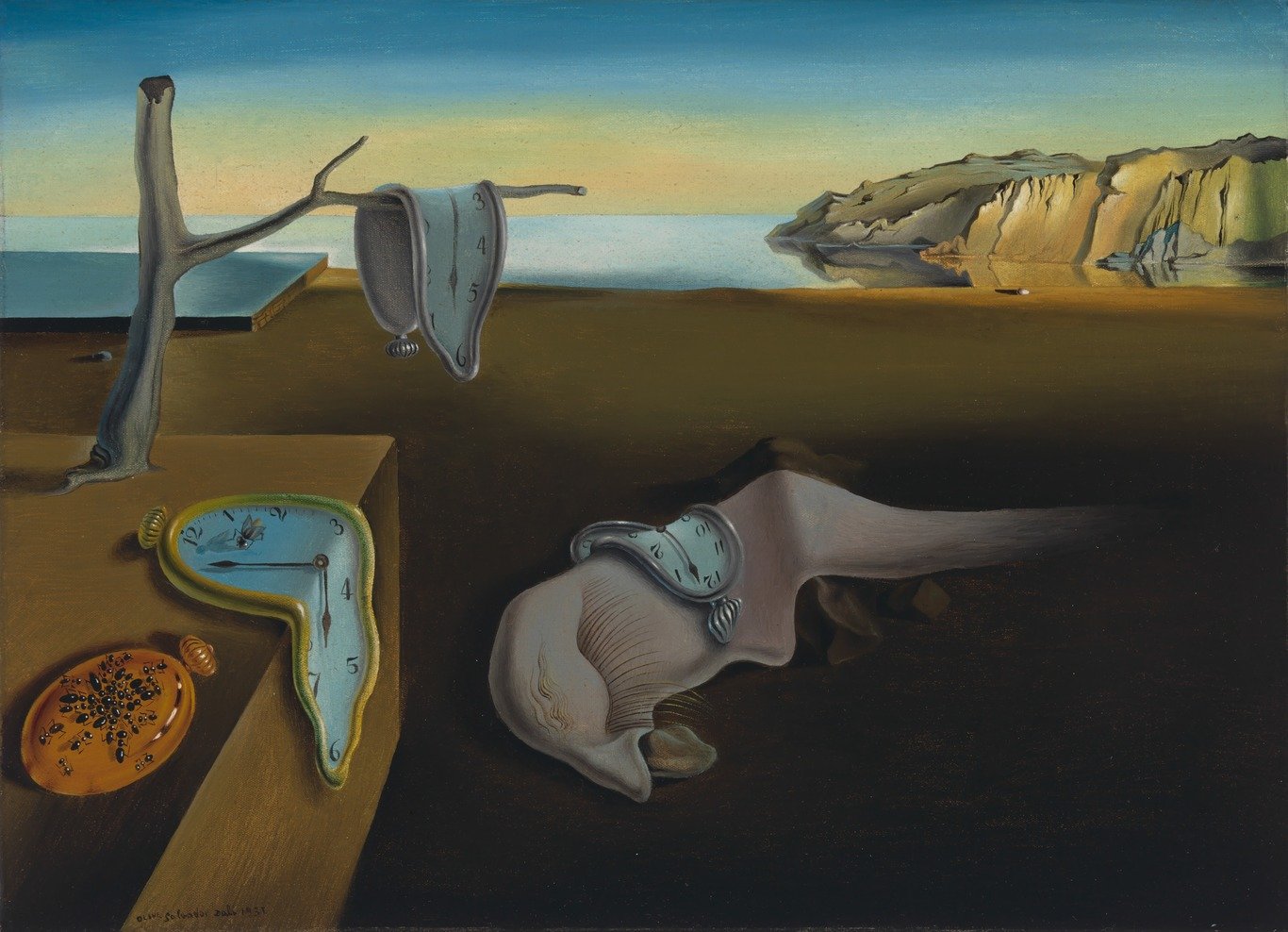
You probably remember the name Rene Decartes from math class, but he was way more than just a mathematician. In fact, he’s largely regarded as the father of modern western philosophy.
One of his most influential works is called Discourse on the Method, also known by its full name, Discourse on the Method of Properly Guiding the Reason in the Search of Truth in the Sciences.
This autobiographical and philosophical treatise is about the methodological application of doubt and research in order to properly seek for answers in any scientific field. It was the first major discussion on the modern scientific method that’s still used by experts today.
And it’s all because of a vision followed by a series of nightmares that Descartes had in 1619.
First, Descartes saw a vision of the unification of all science, then came the dreams, or more accurately, nightmares. They involved being in a whirlwind, being harassed by phantoms, a constant feeling of falling, a melon from a far-off land, thunderclaps and sparks flying in his room, speaking to a cryptic stranger about a disappearing and reappearing book on poetry, and other bewildering images that led Descartes to go on a religious pilgrimage.
Ironically, it was during this pilgrimage in which Descartes figured out the meaning of his visions: the unification of all science through the method of reason. And 18 years later, he put his ideas to paper in The Discourse on the Method.



